Lebanon // Part Two // Day One in Bekaa
Here are some photos followed by my reflection from the first day in the Bekaa Valley.

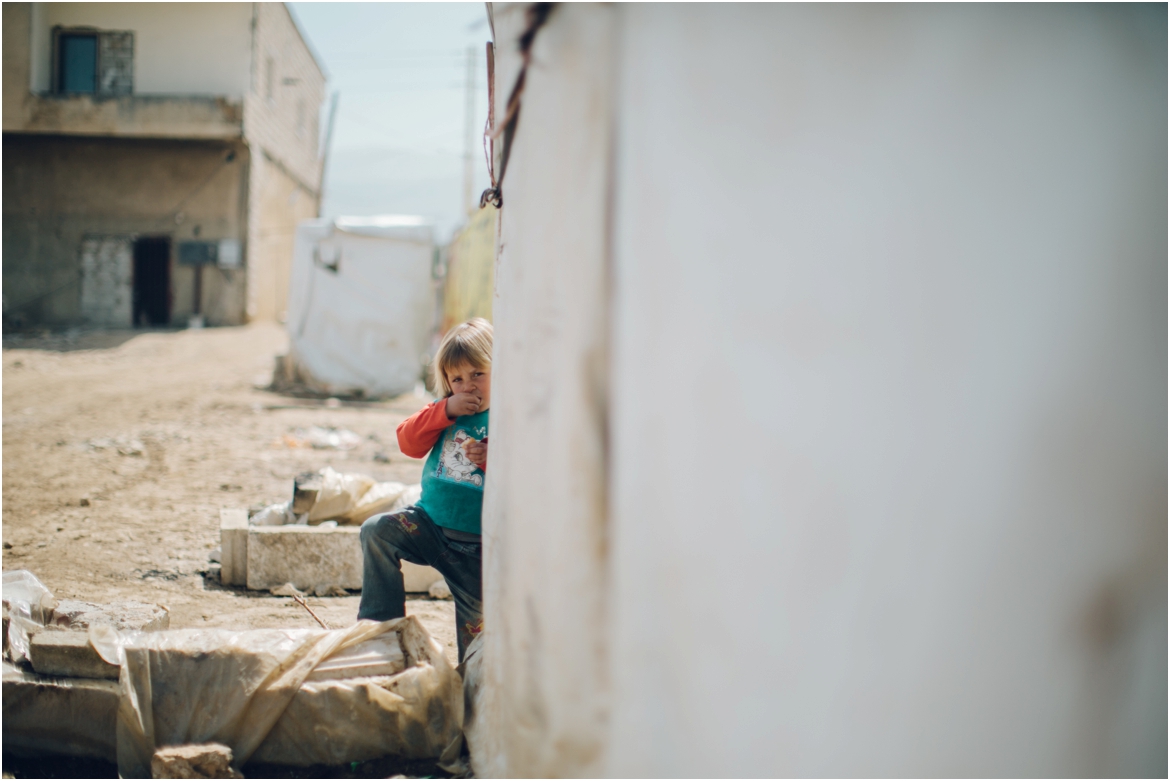

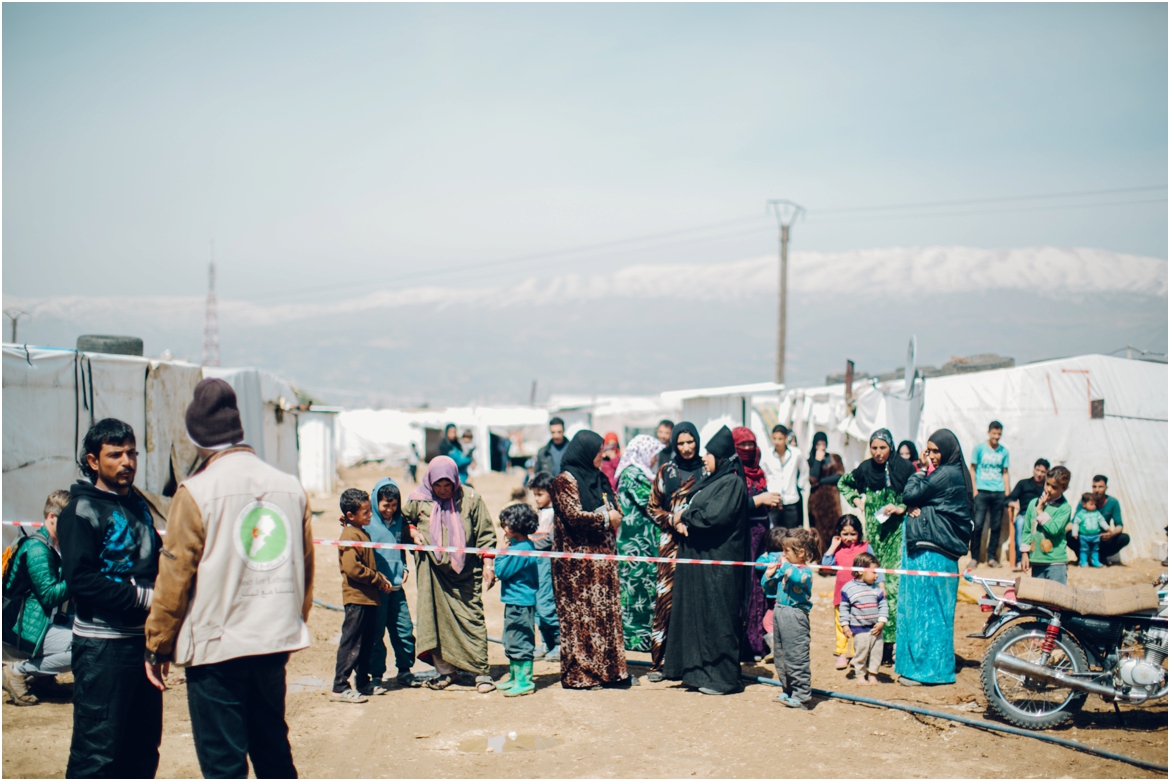
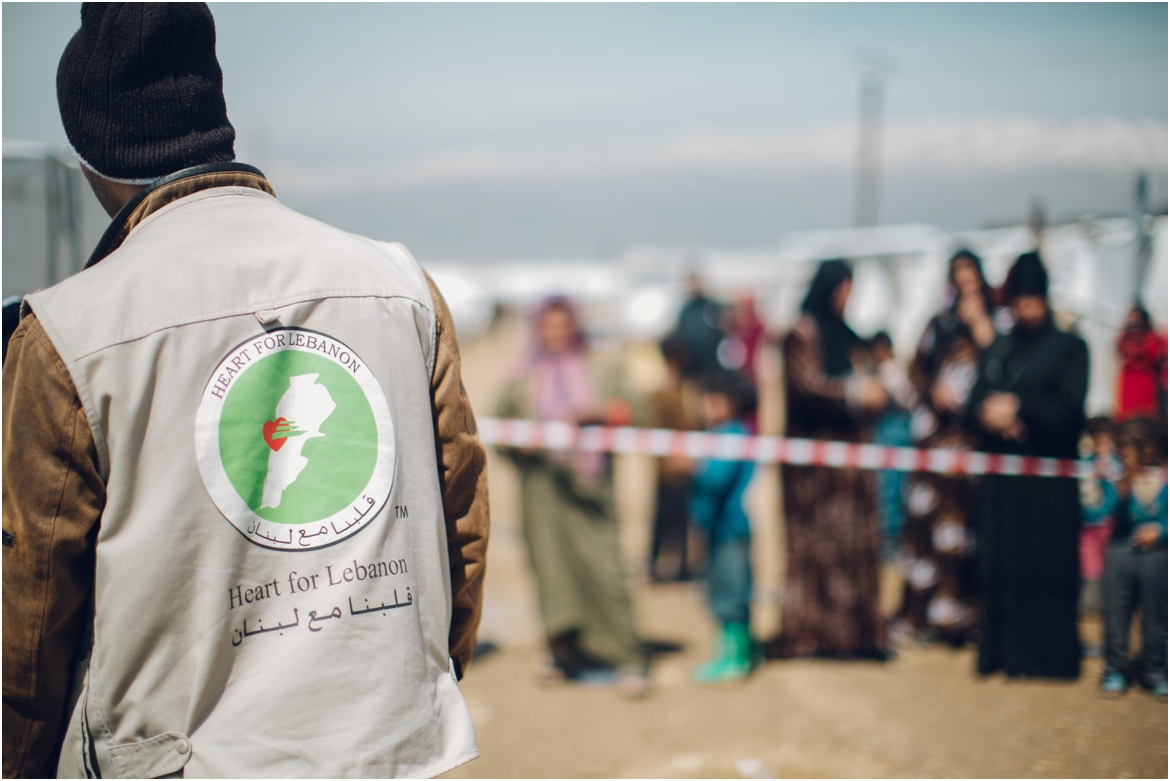


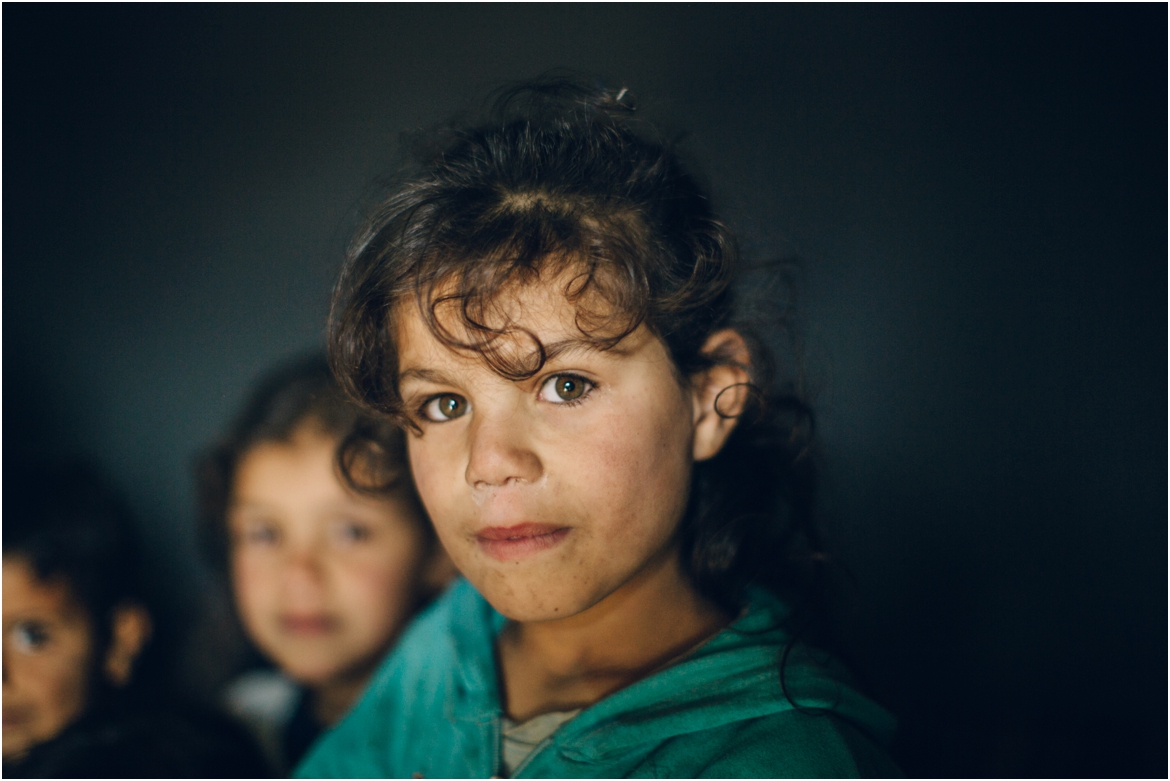
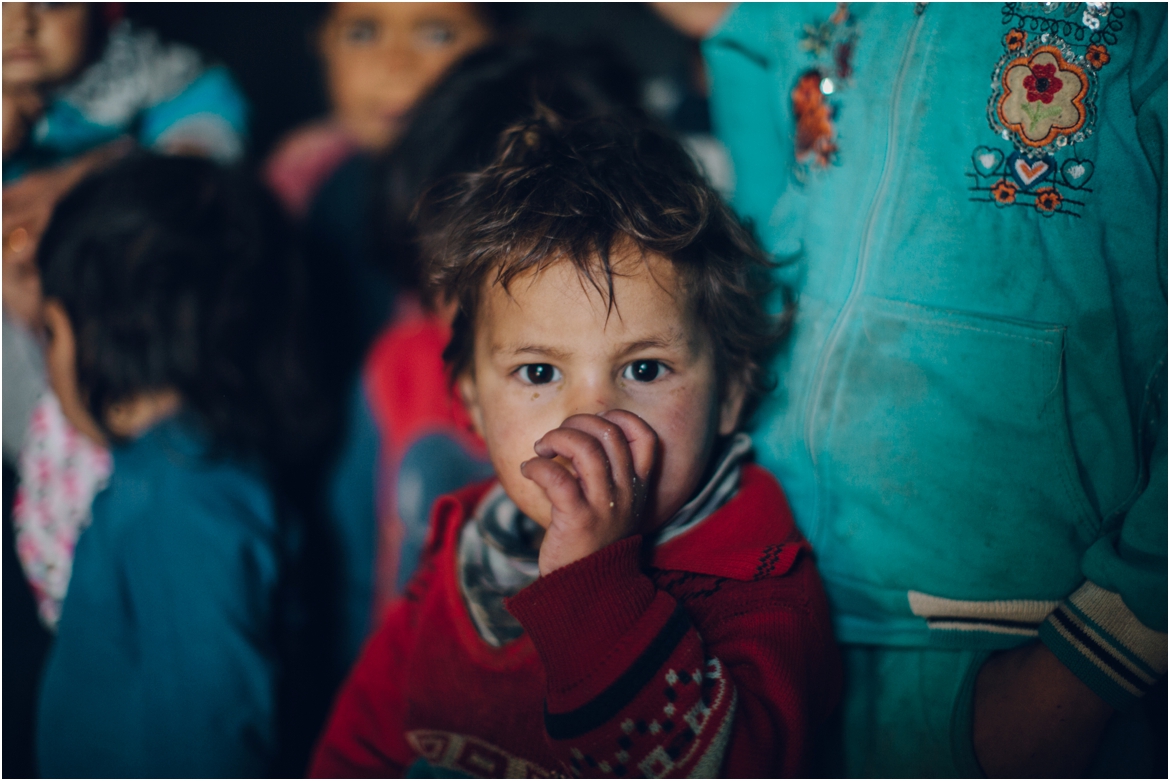
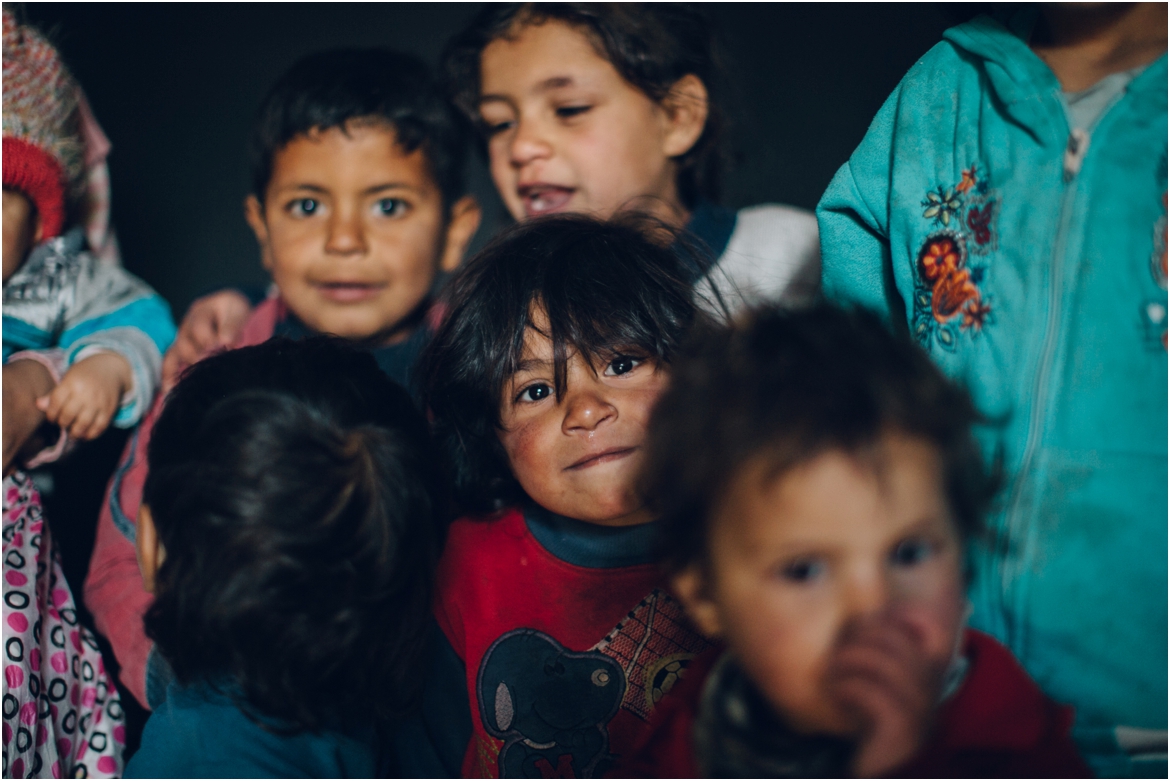
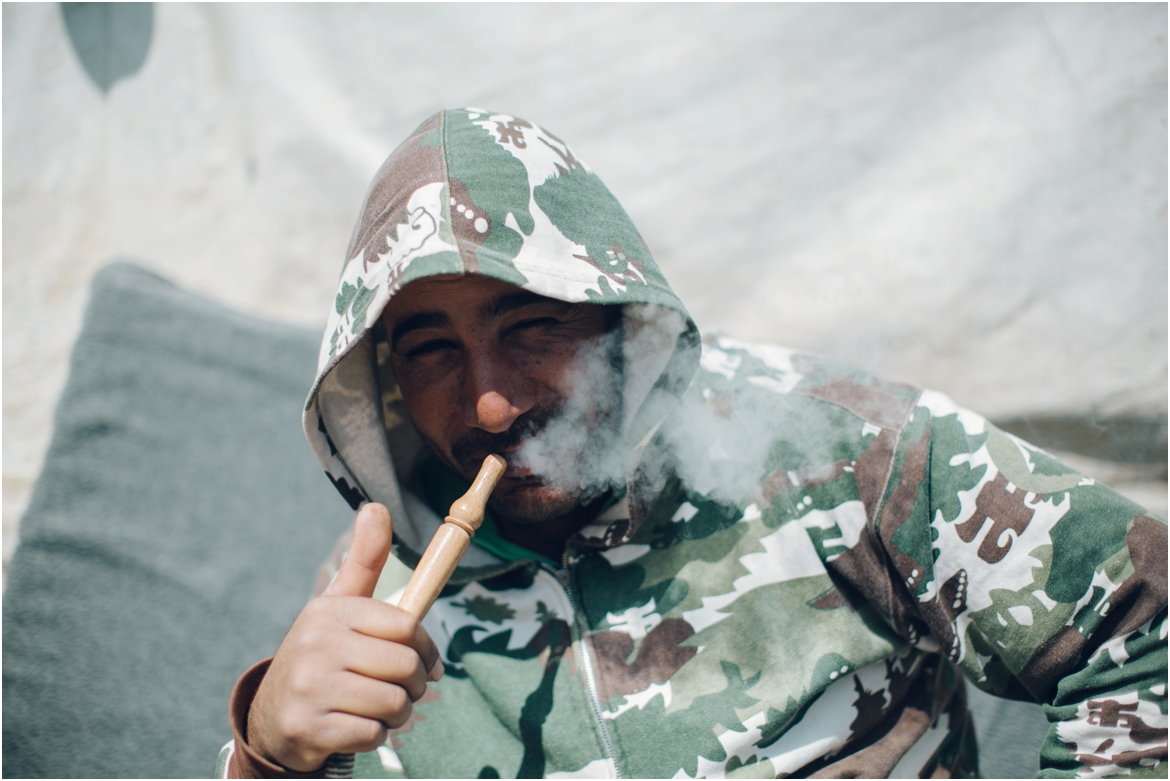


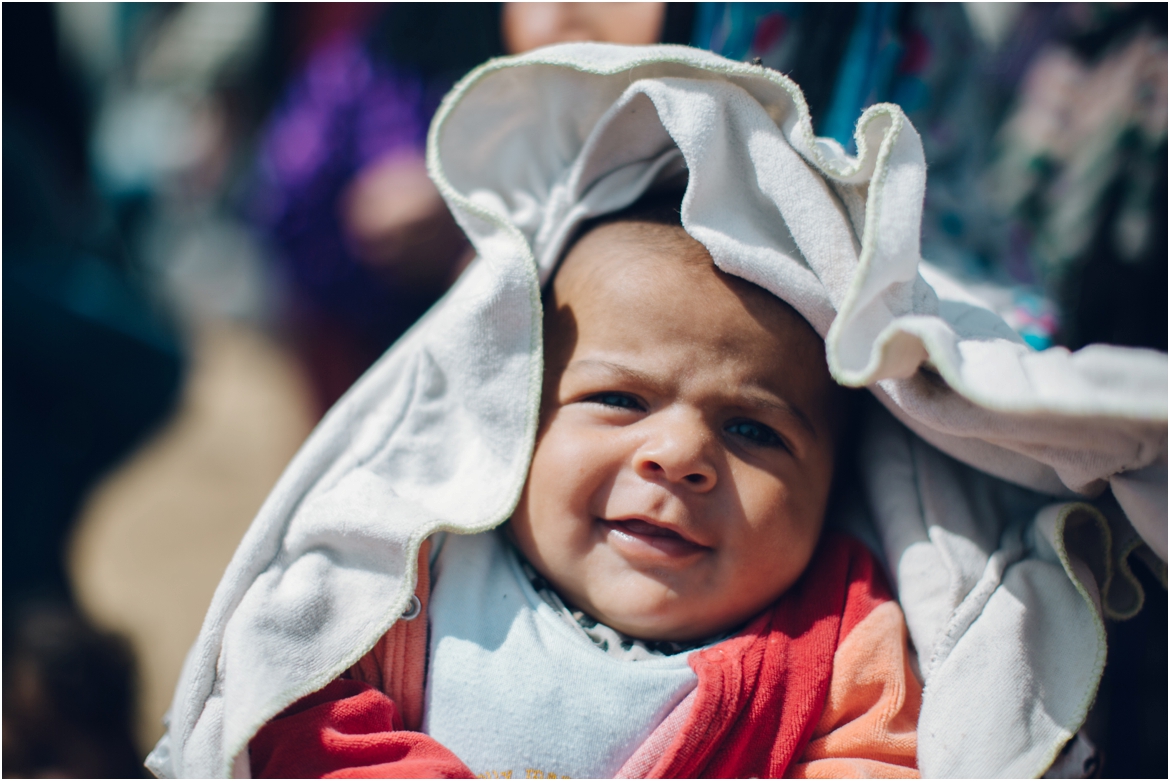






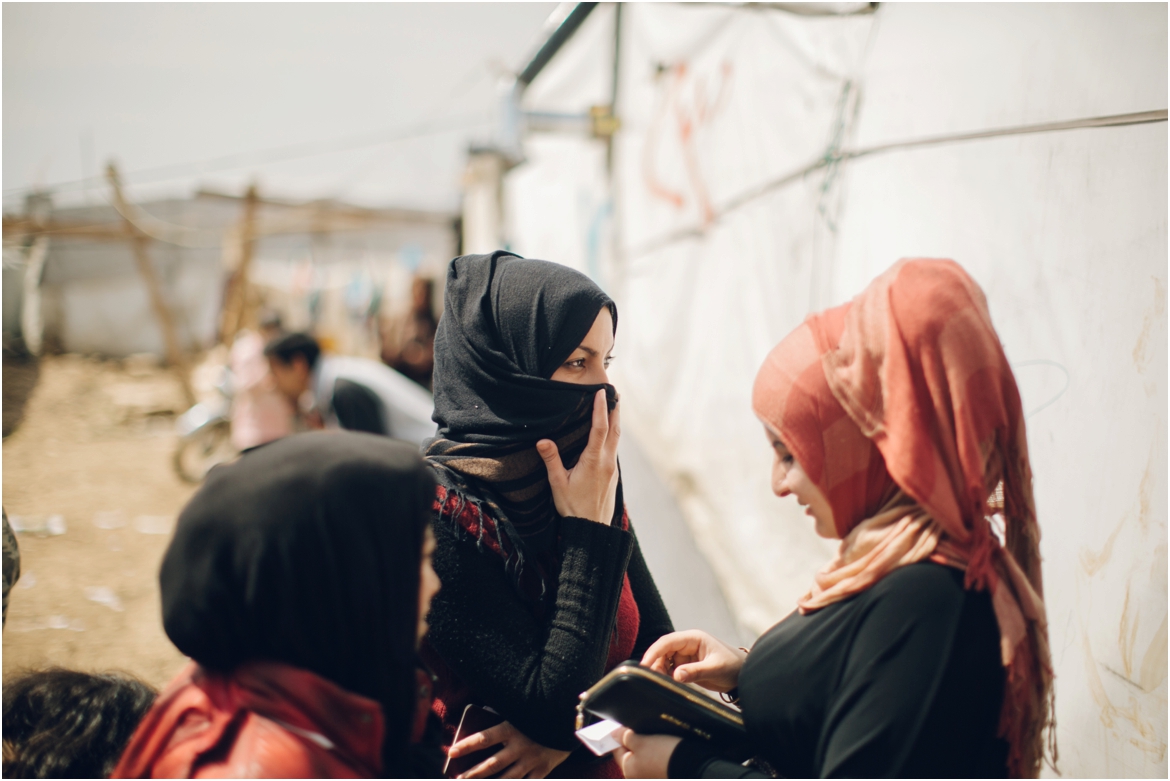
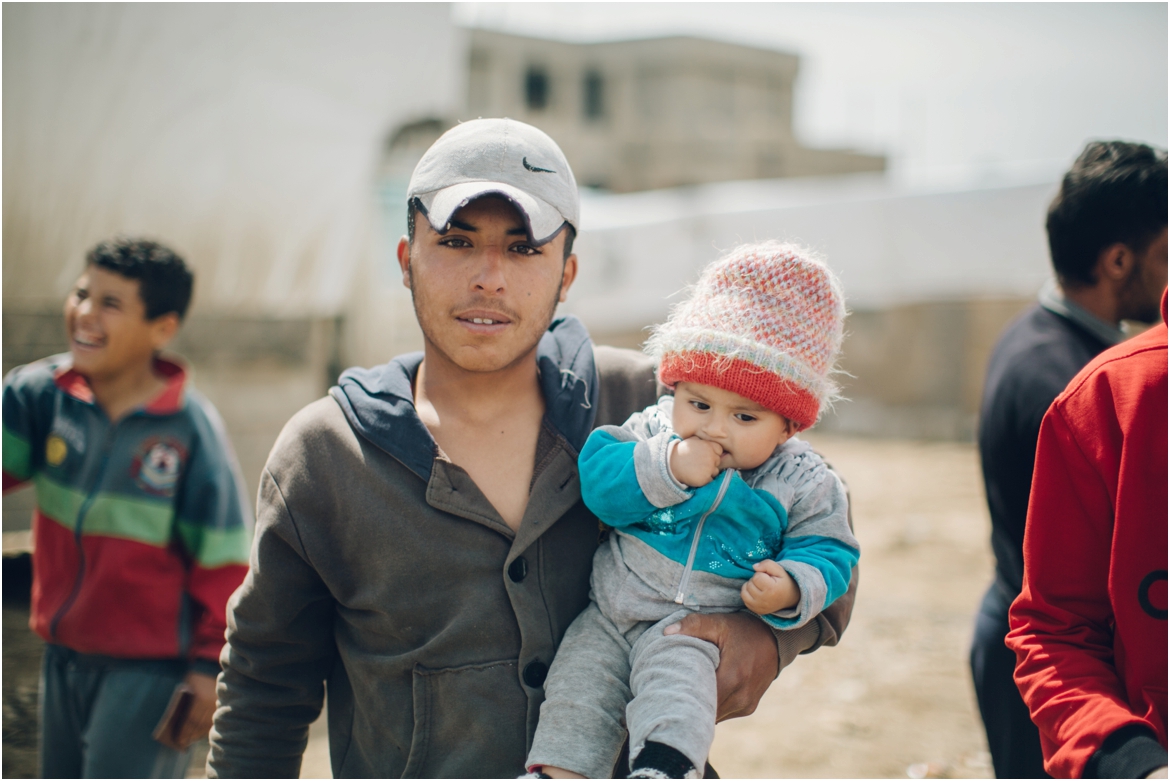
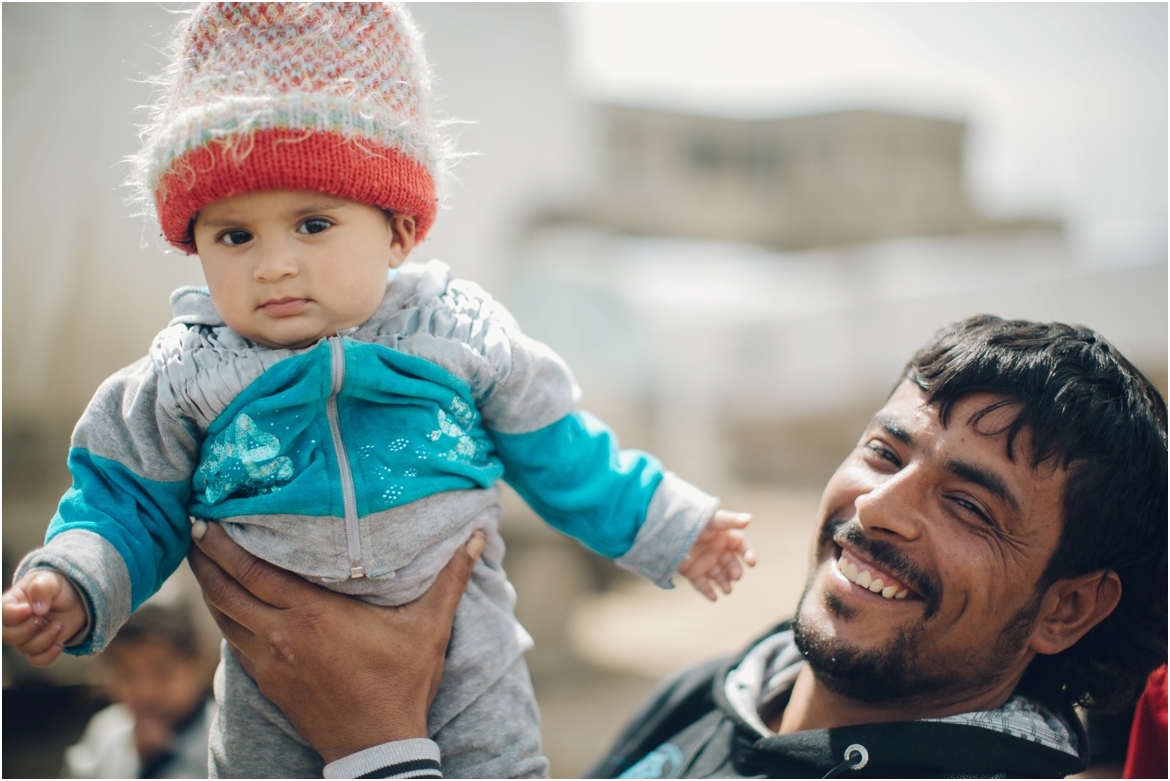

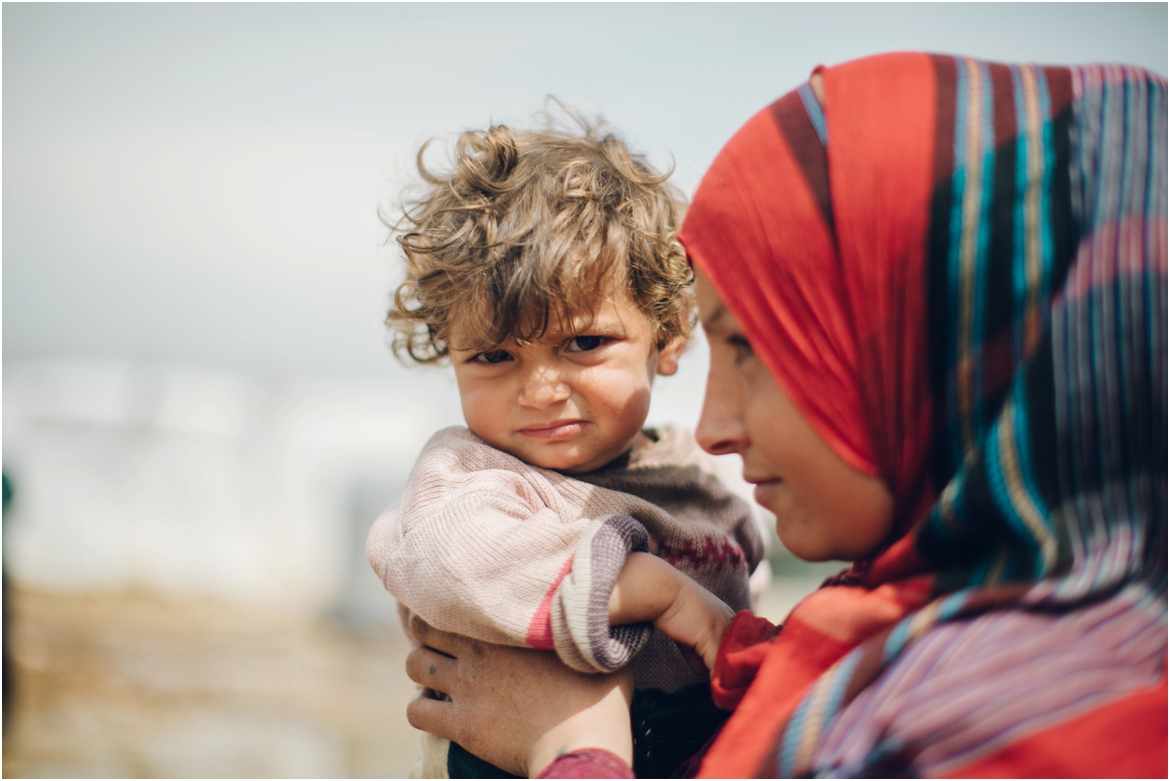

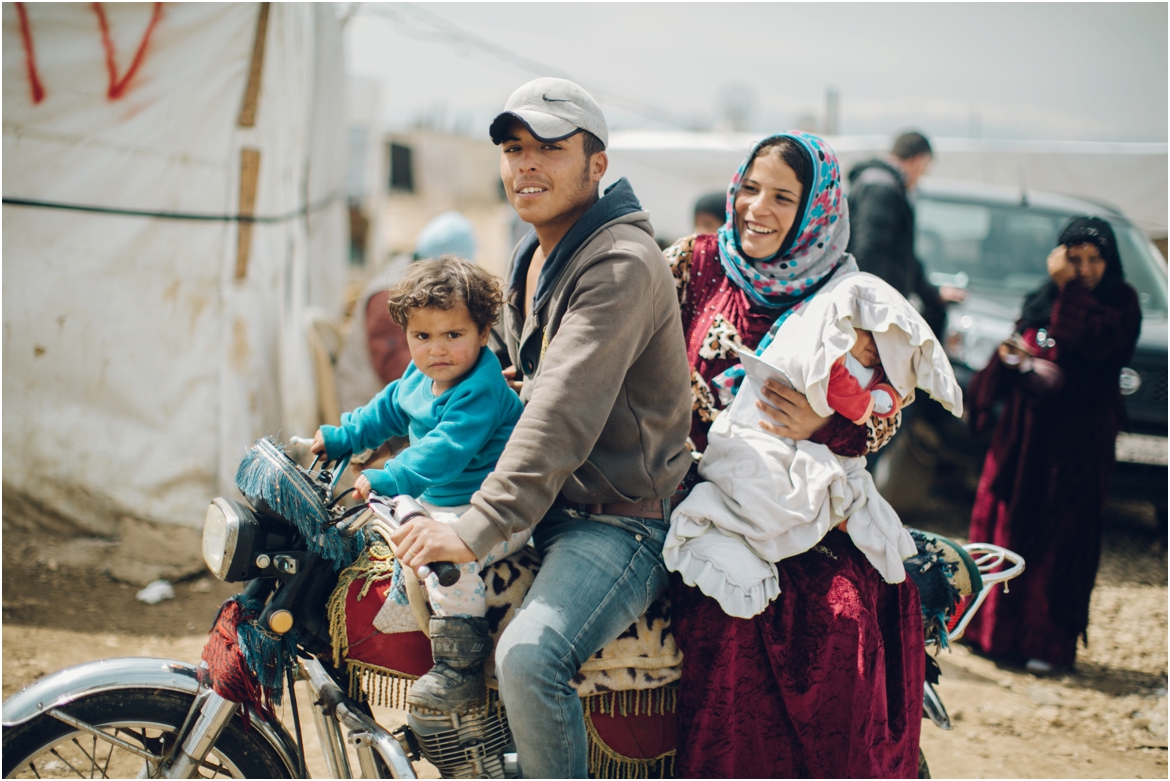


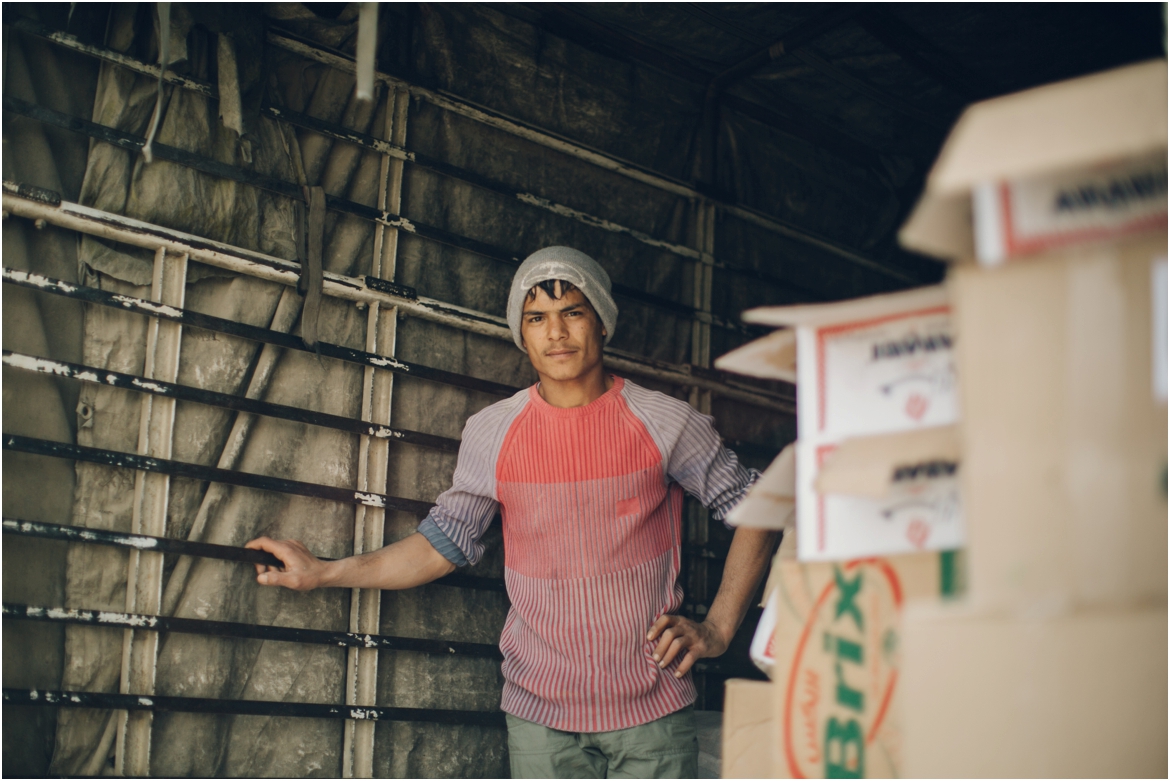
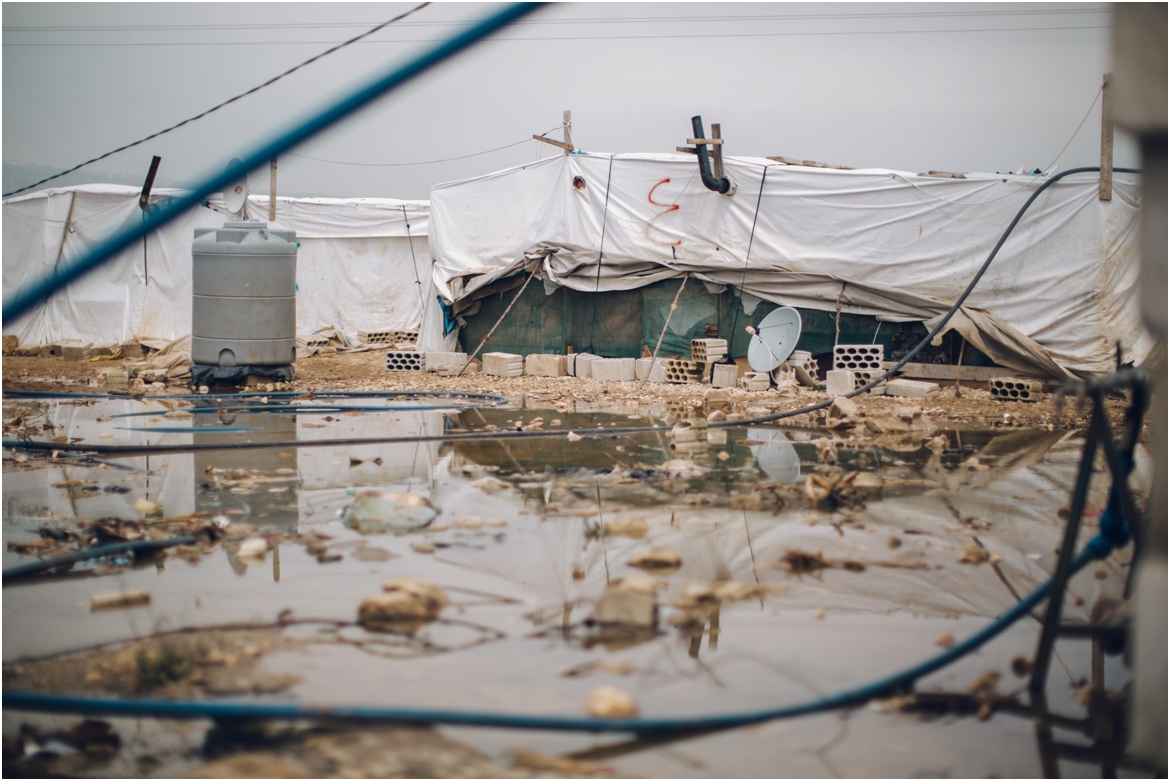
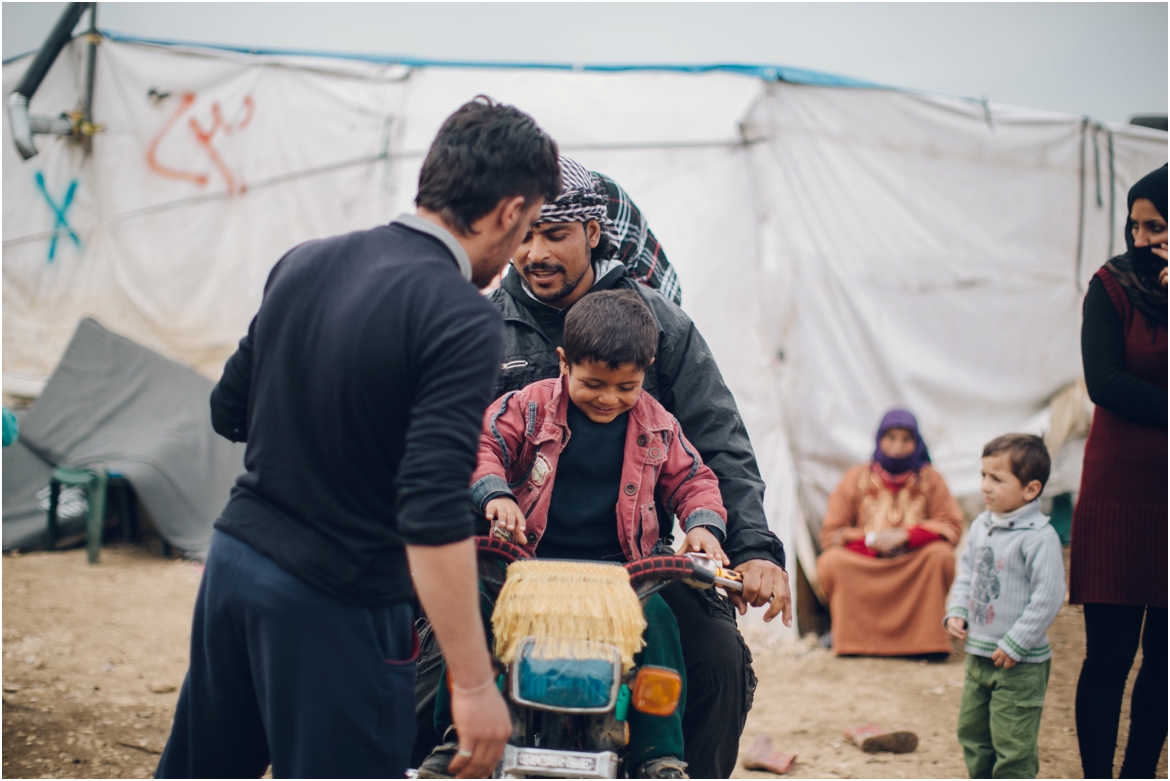

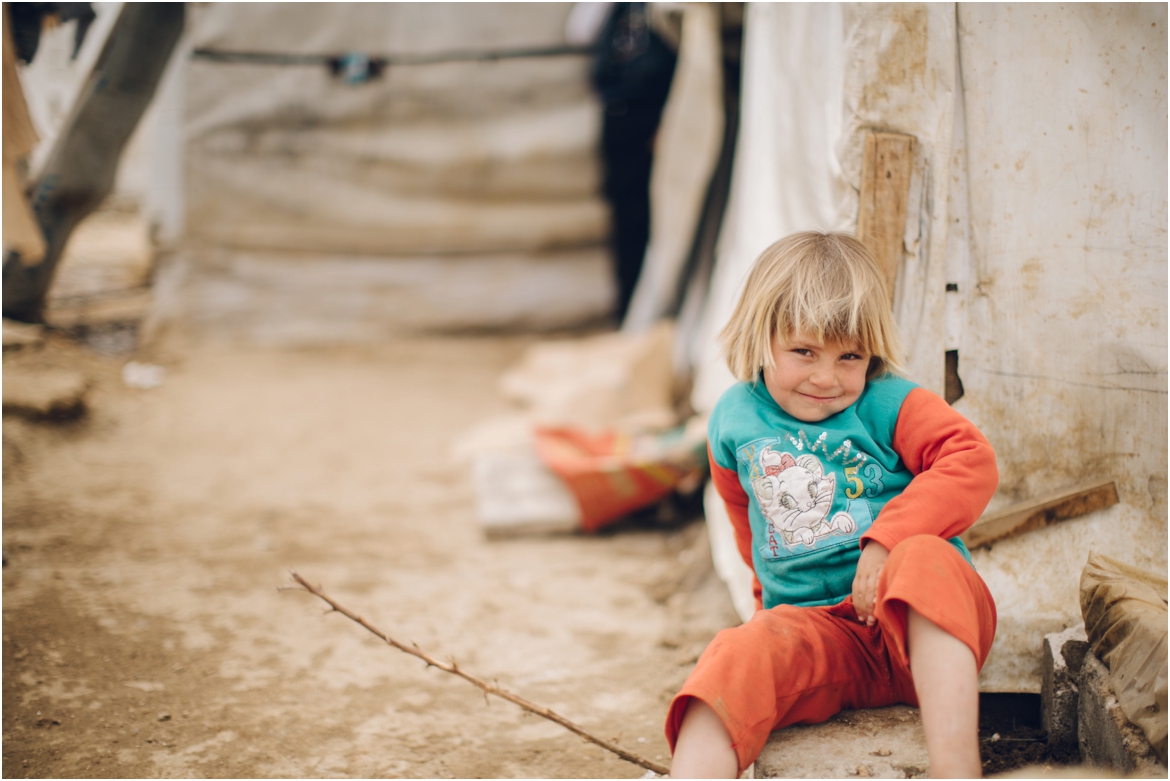

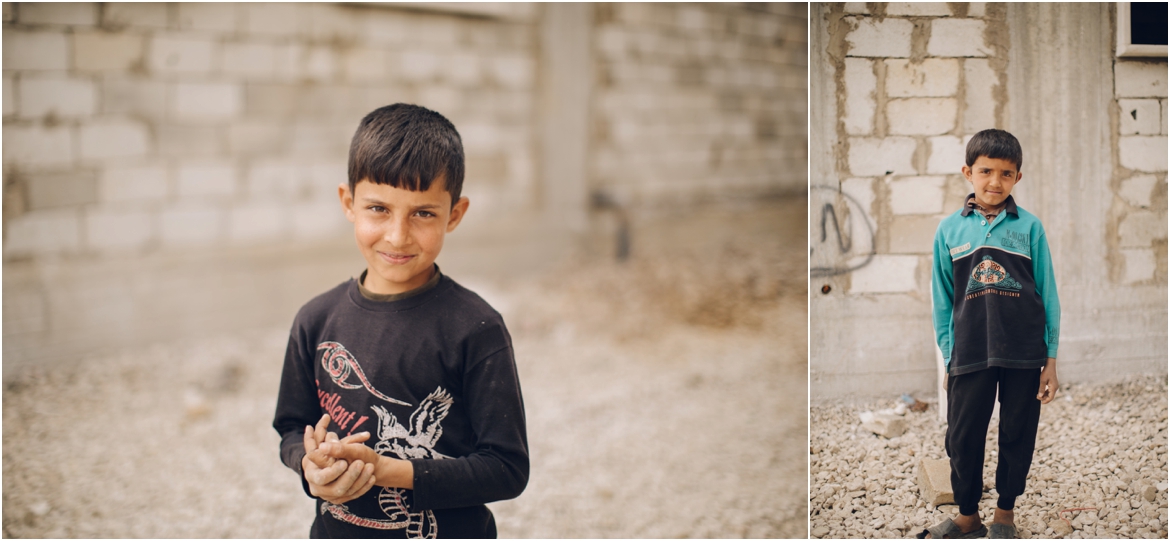
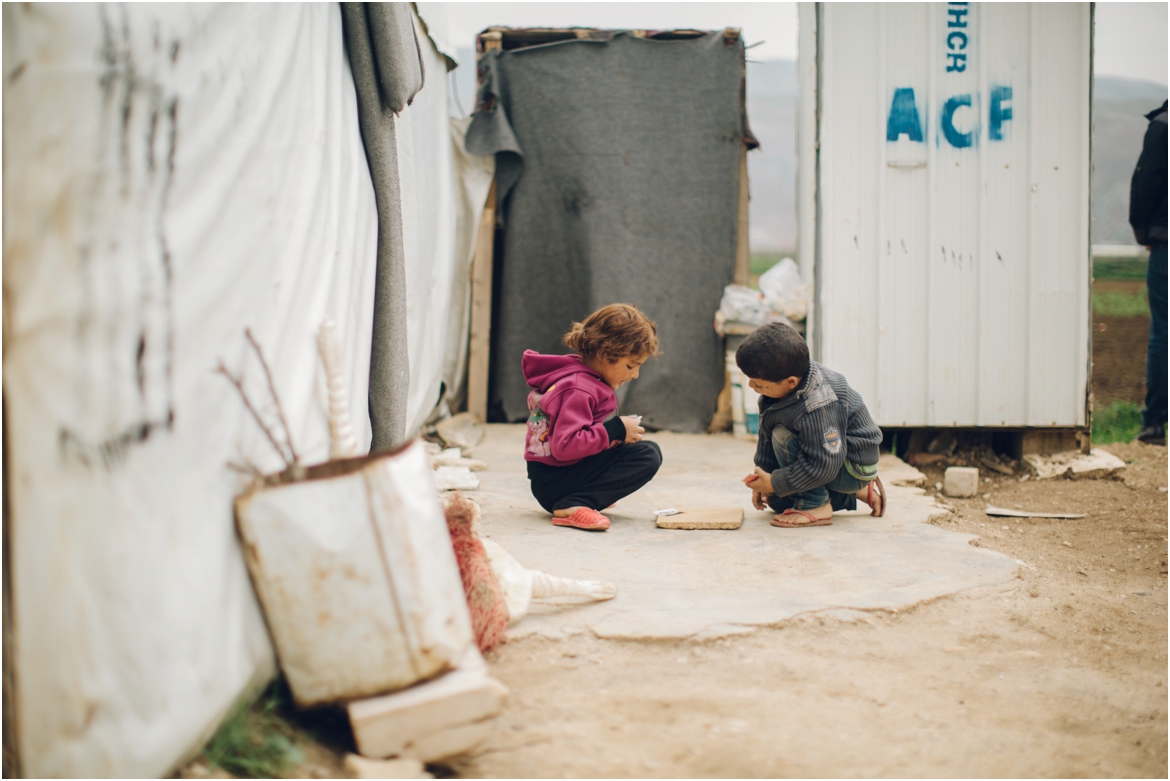
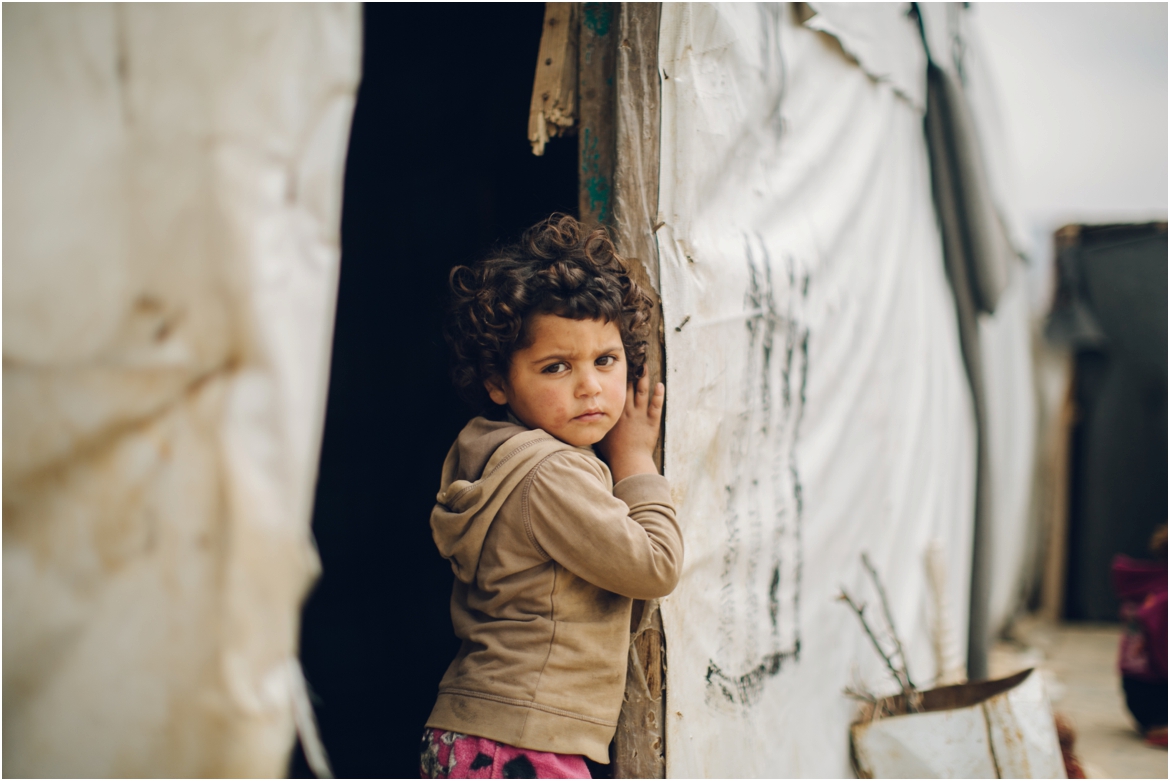

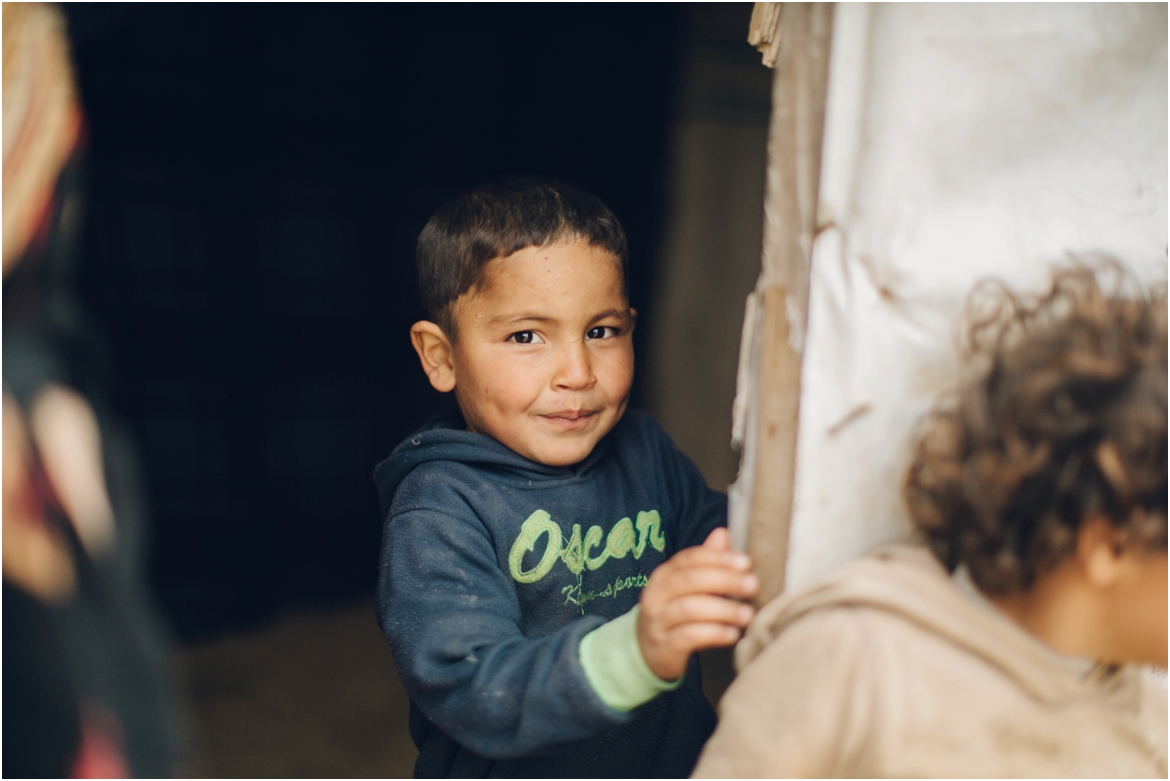
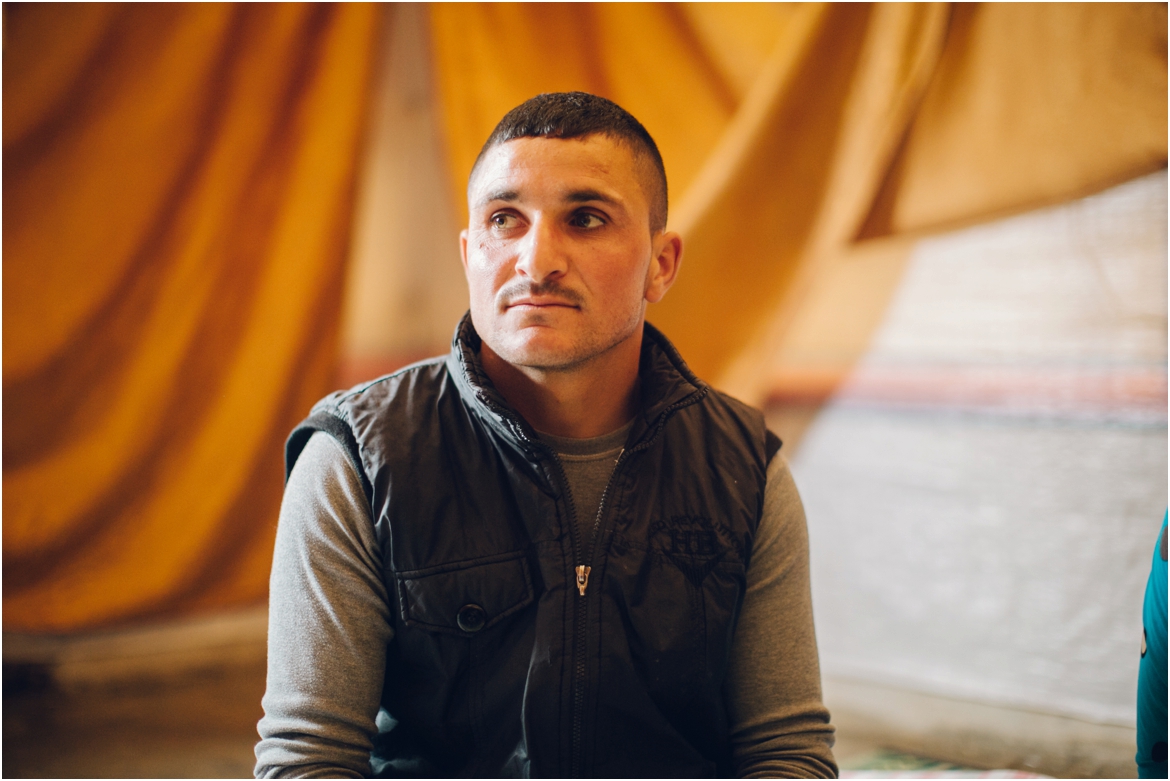
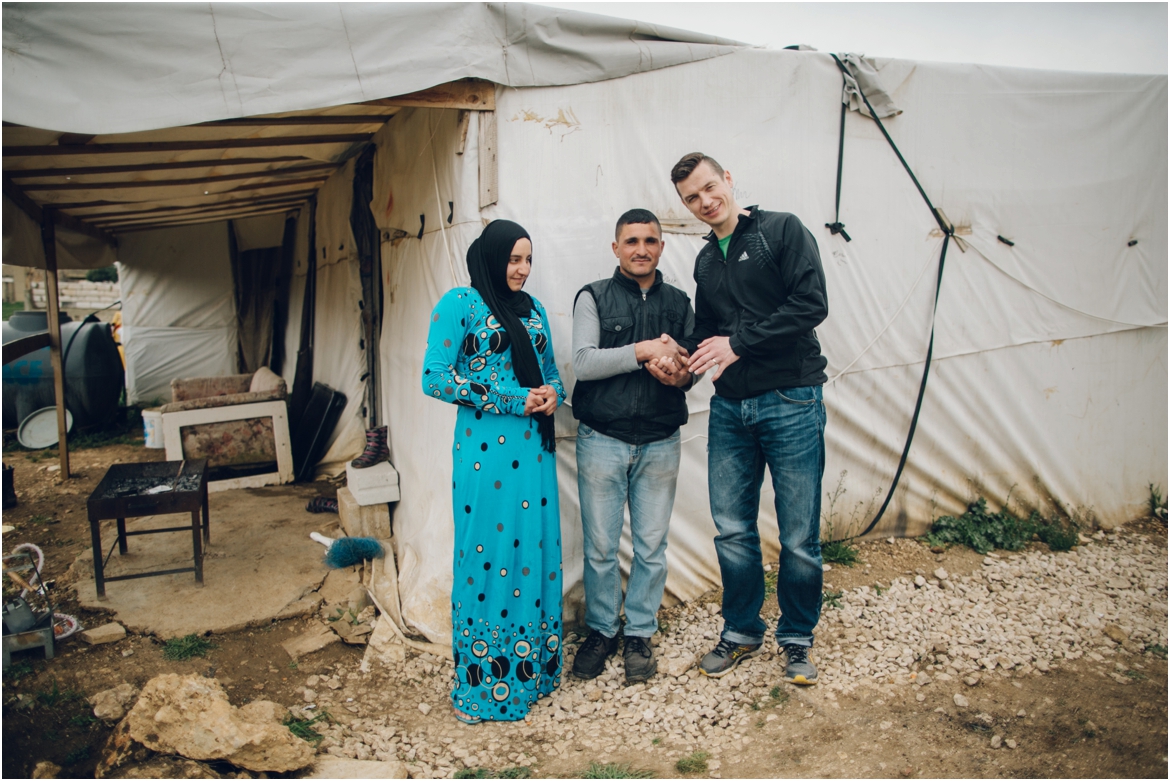
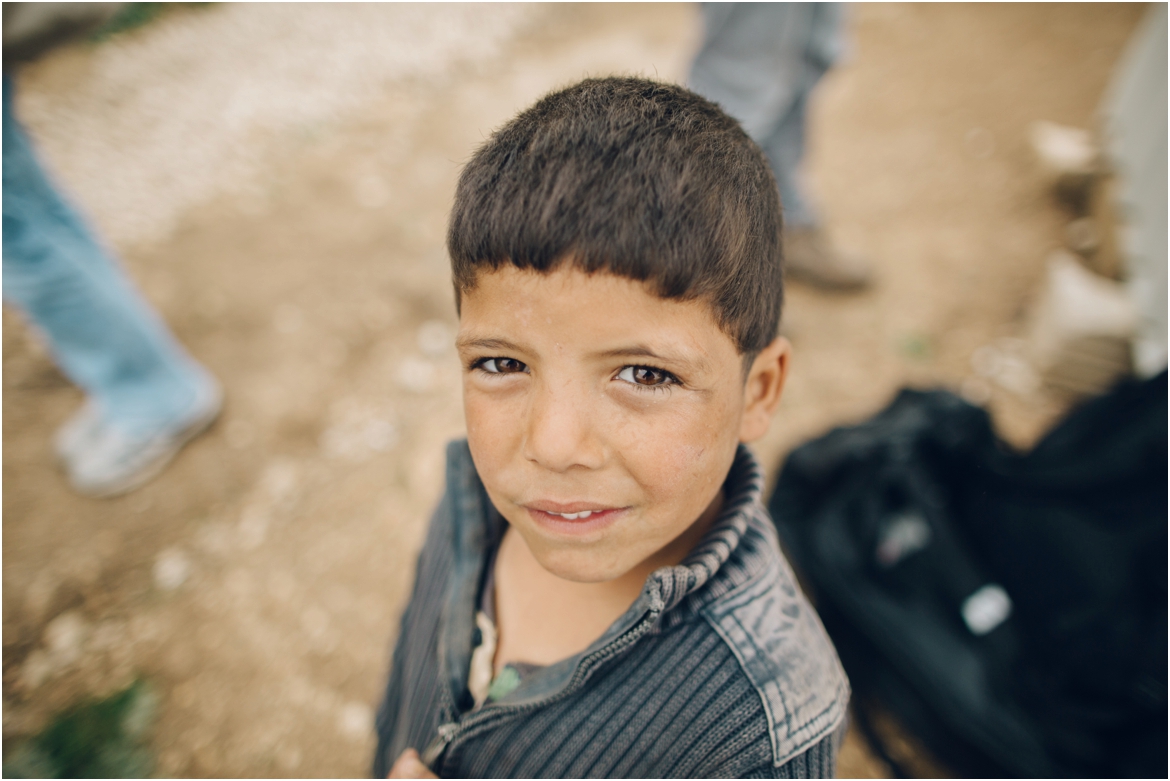


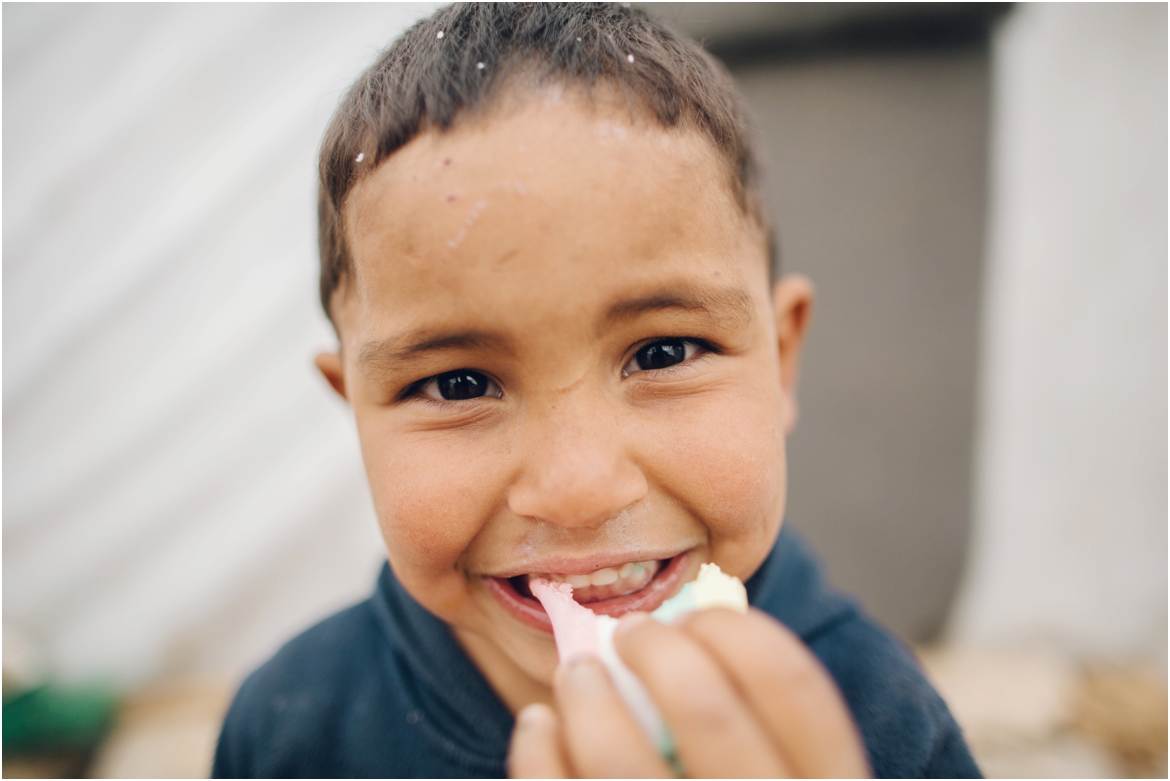



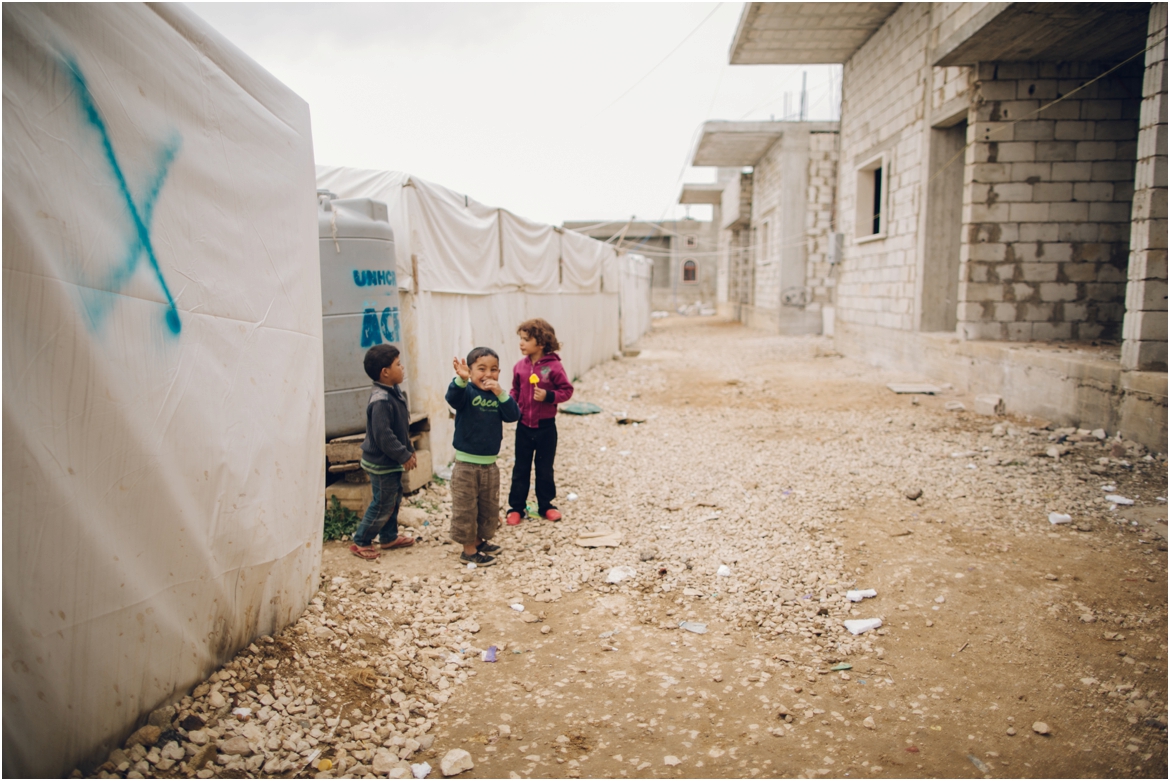

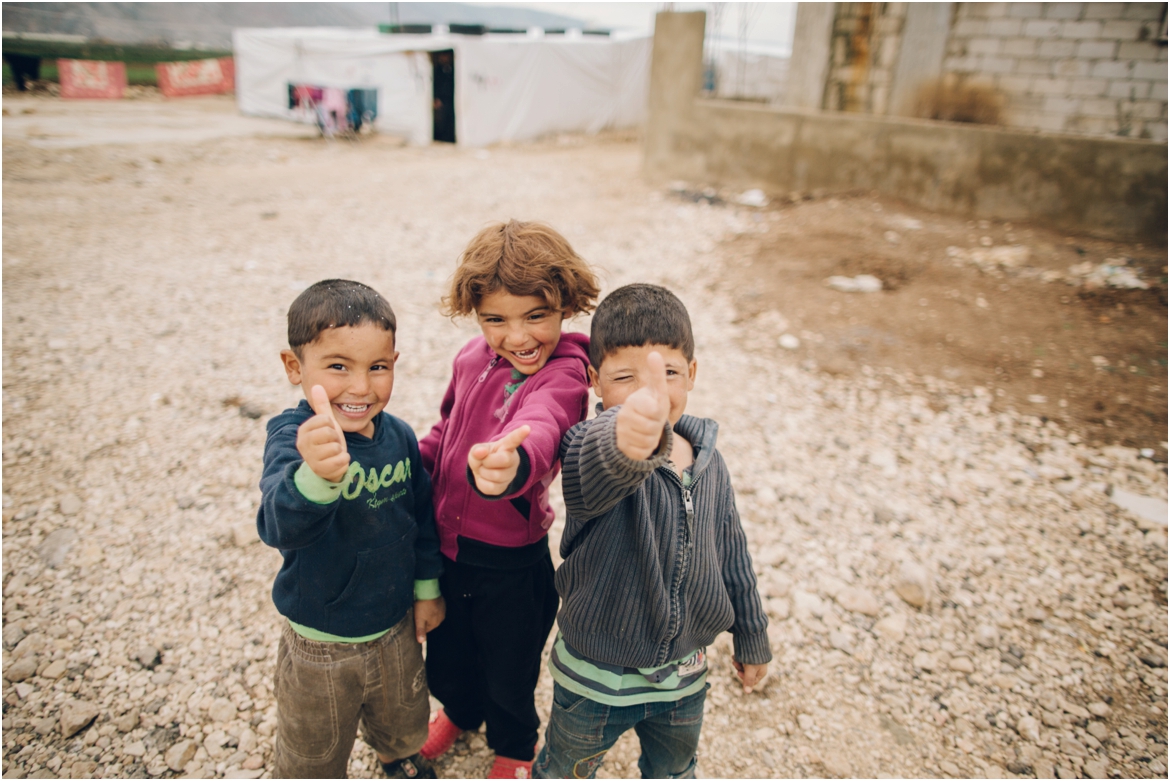

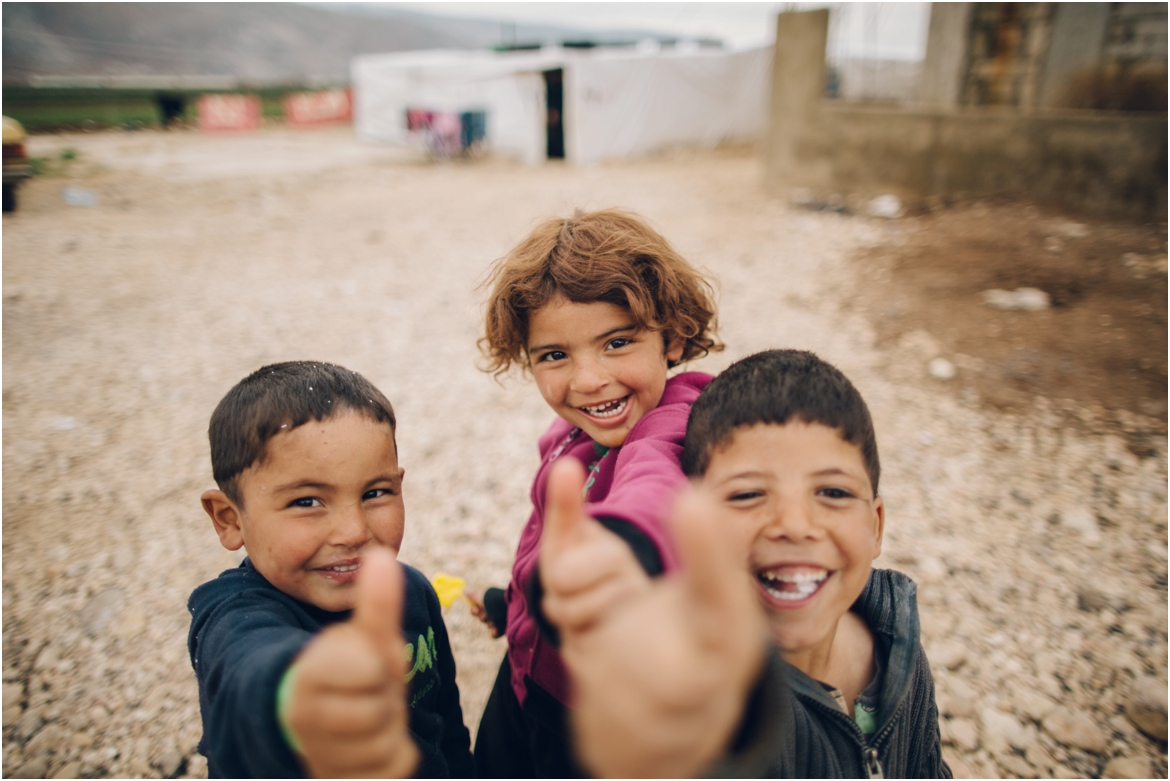
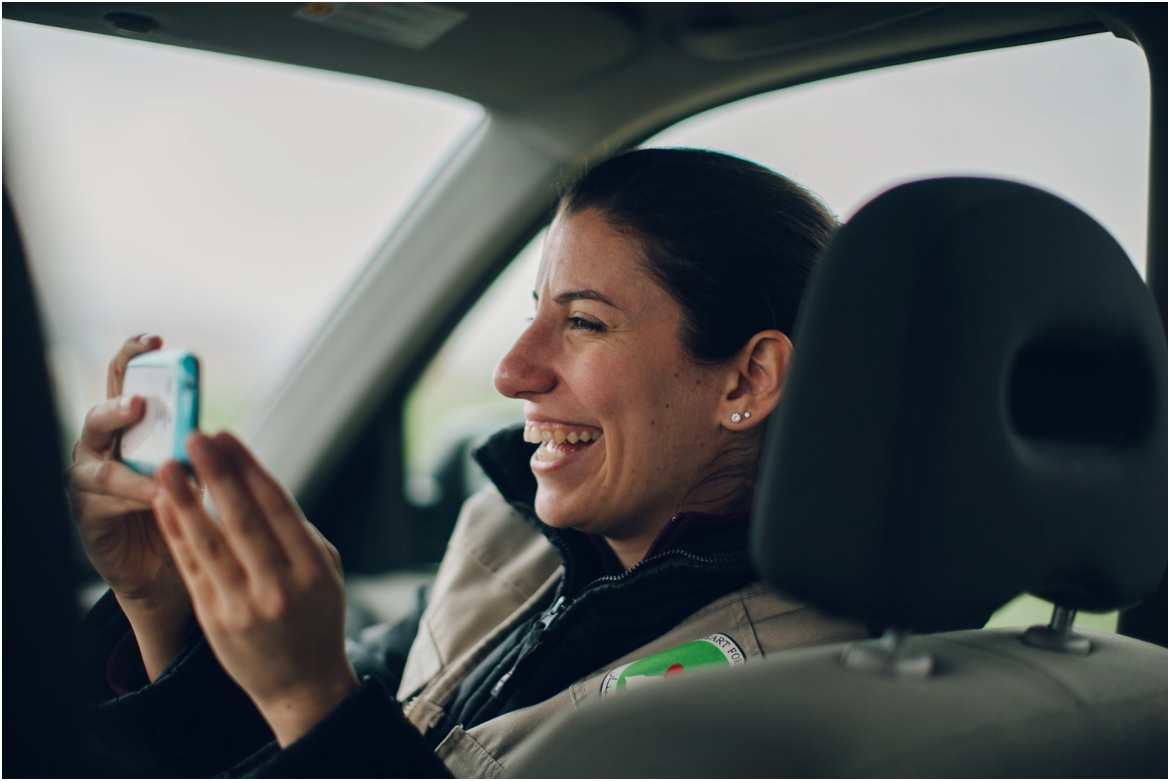

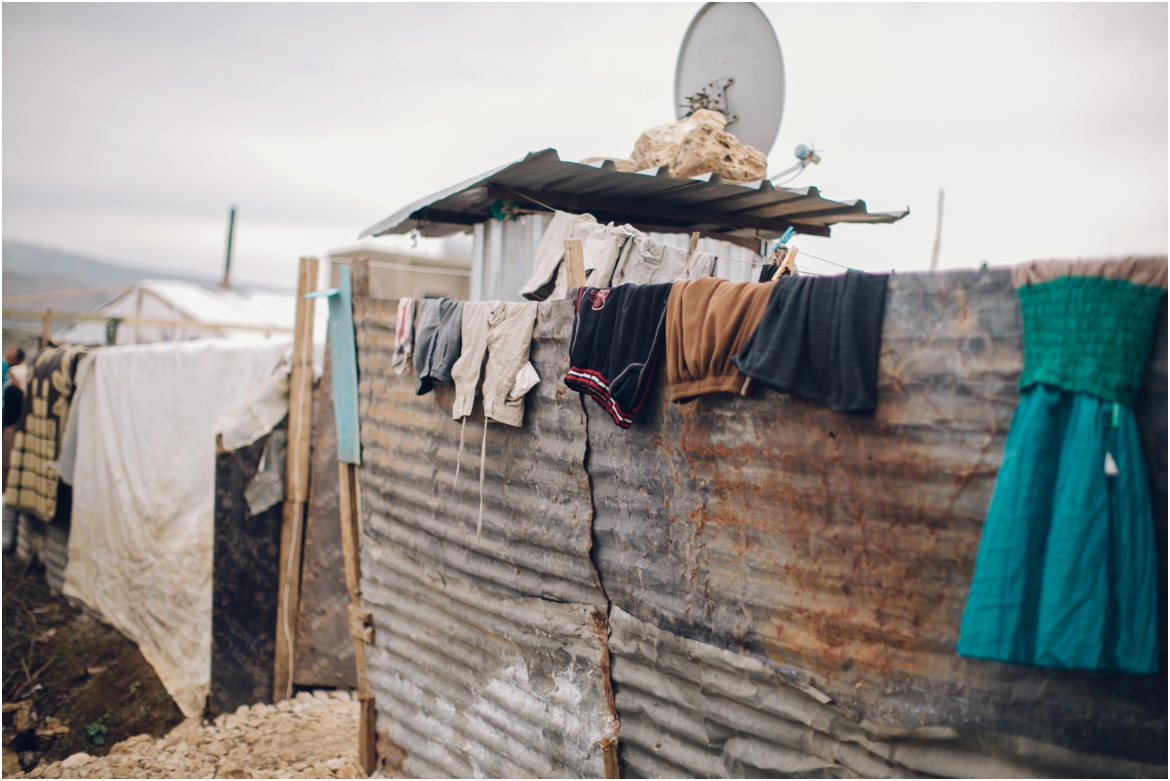
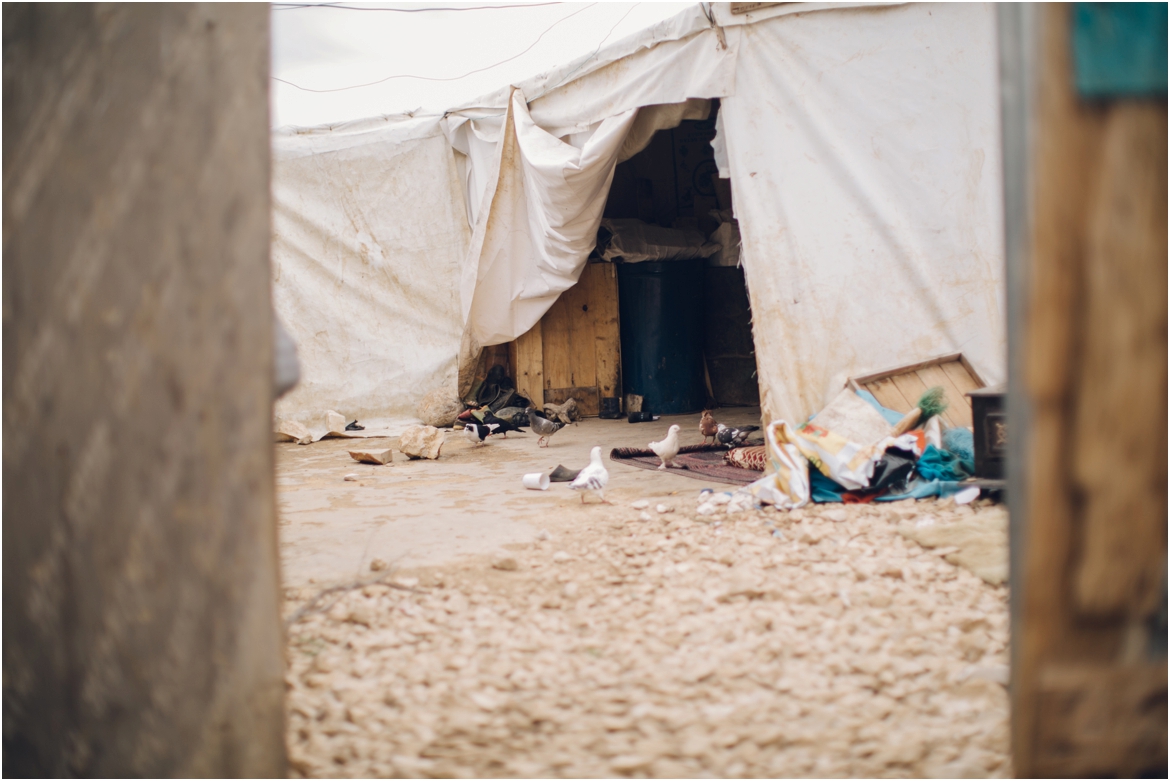
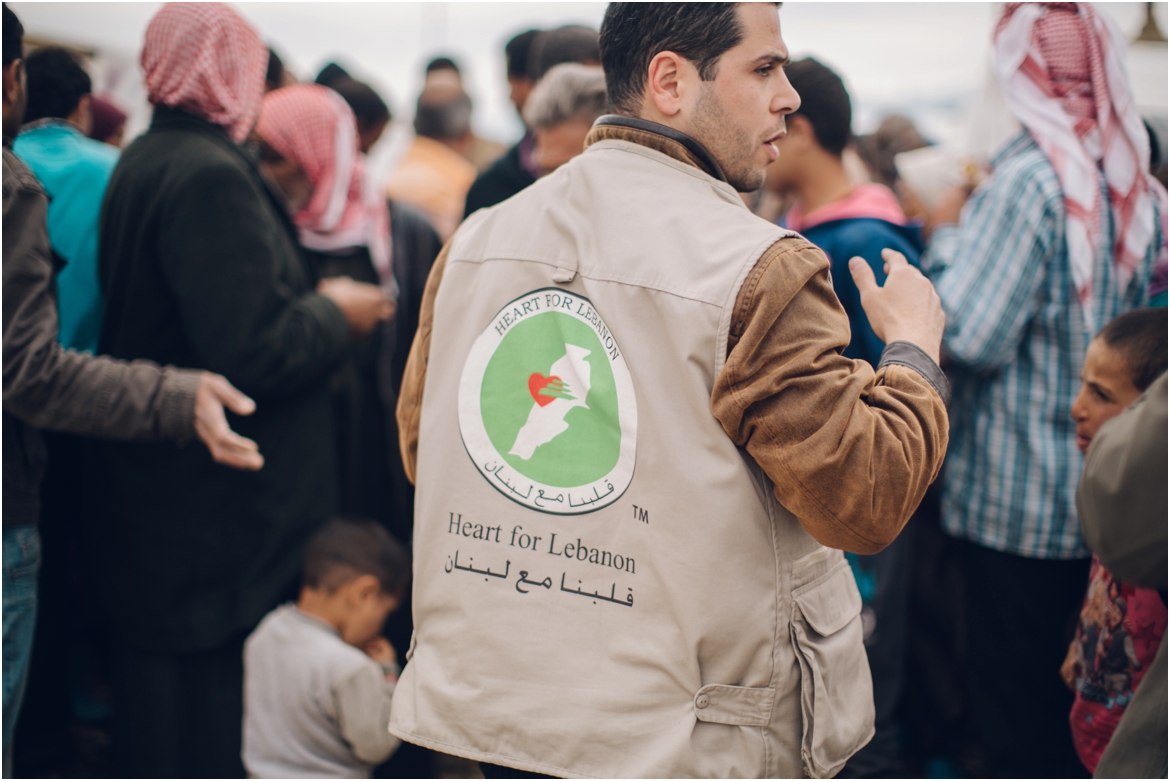
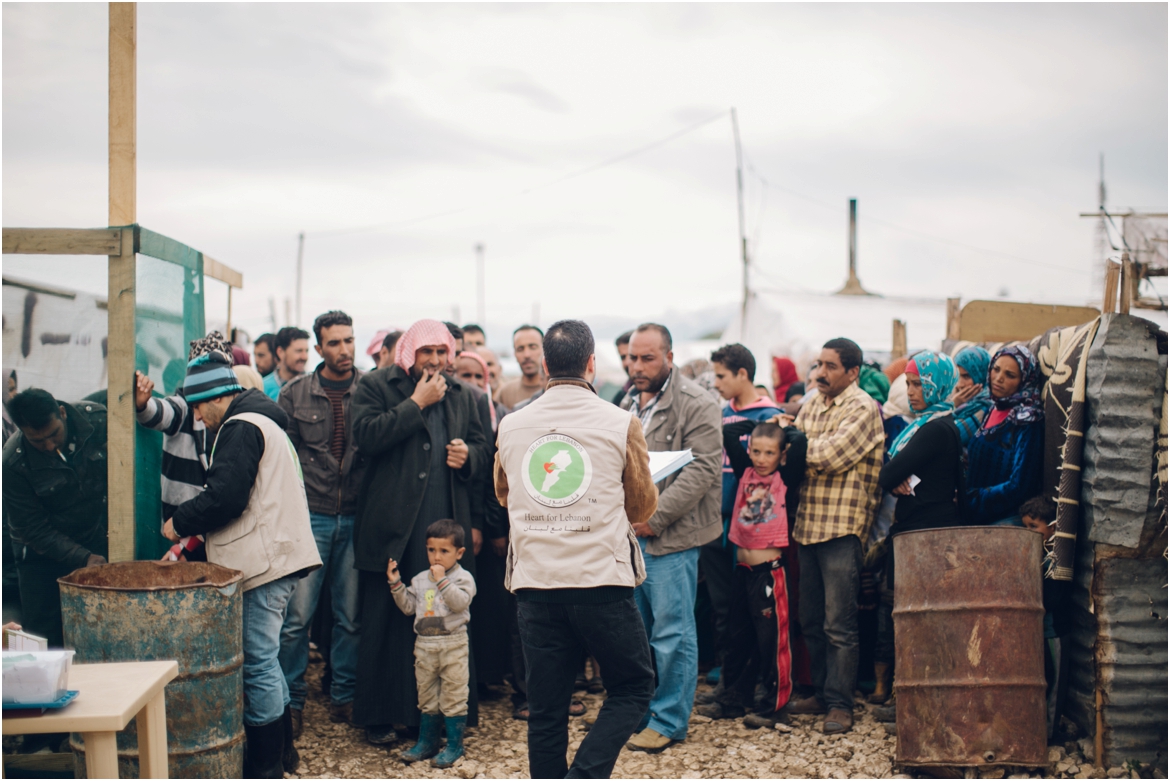
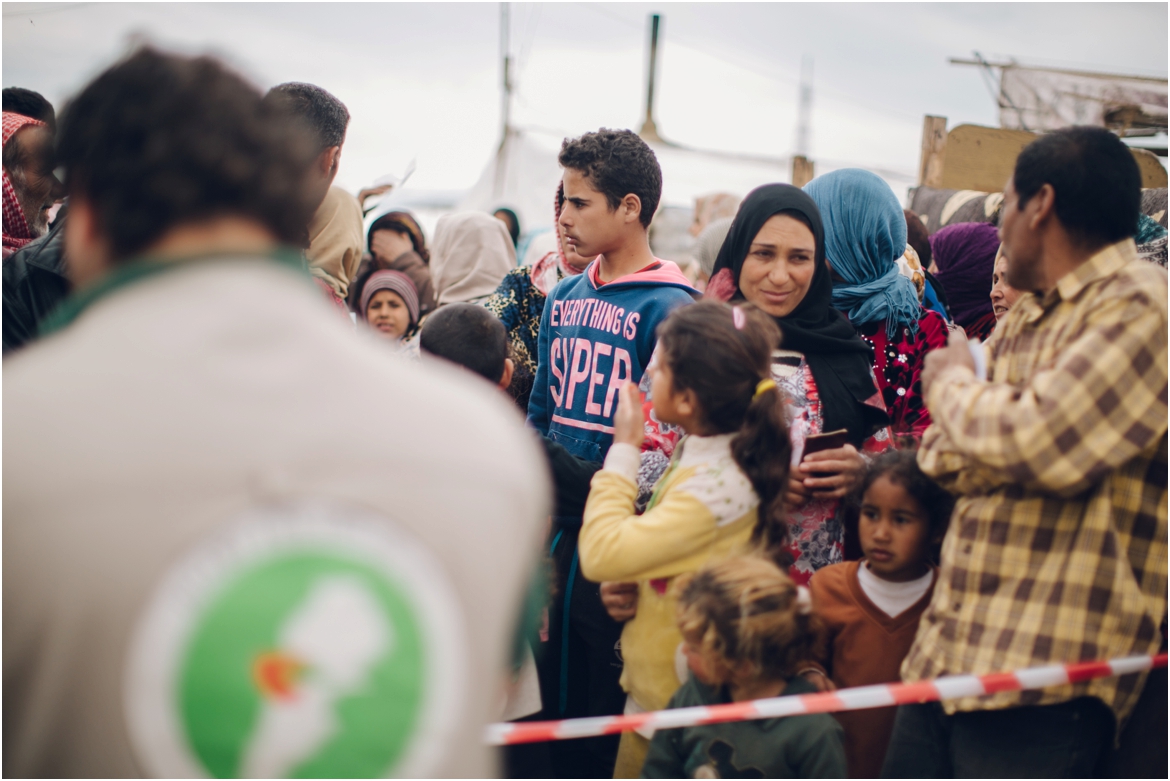

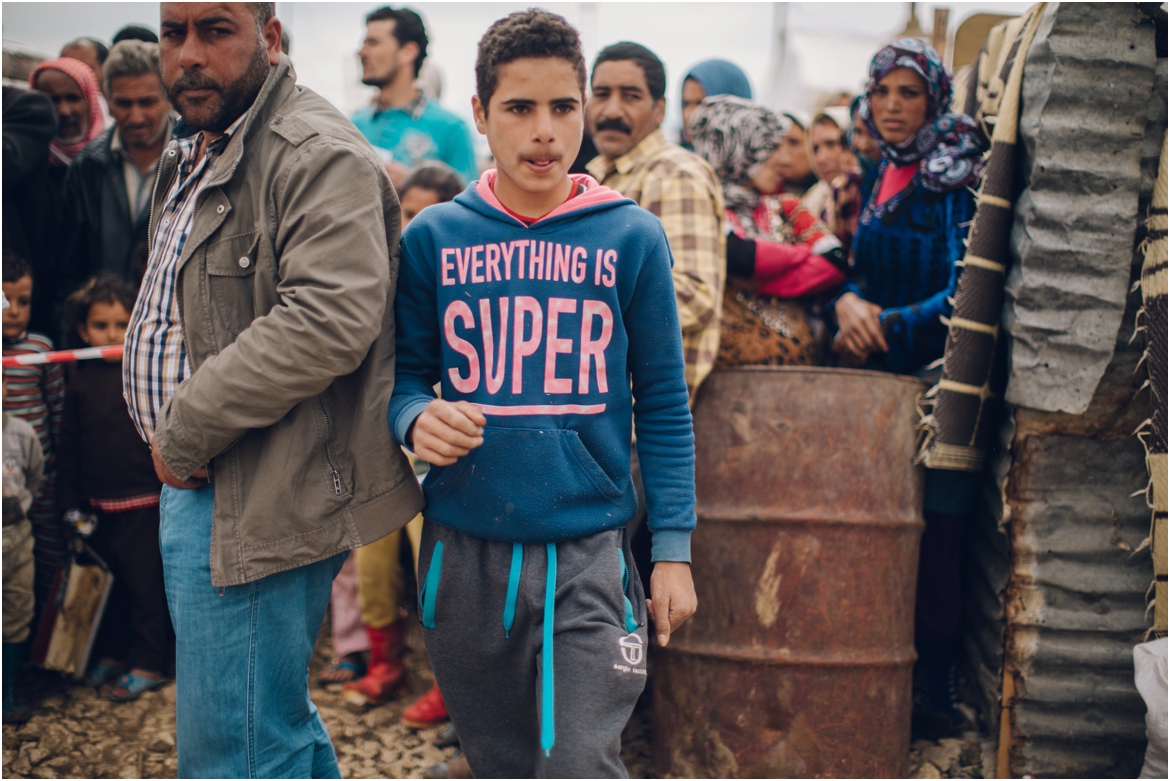
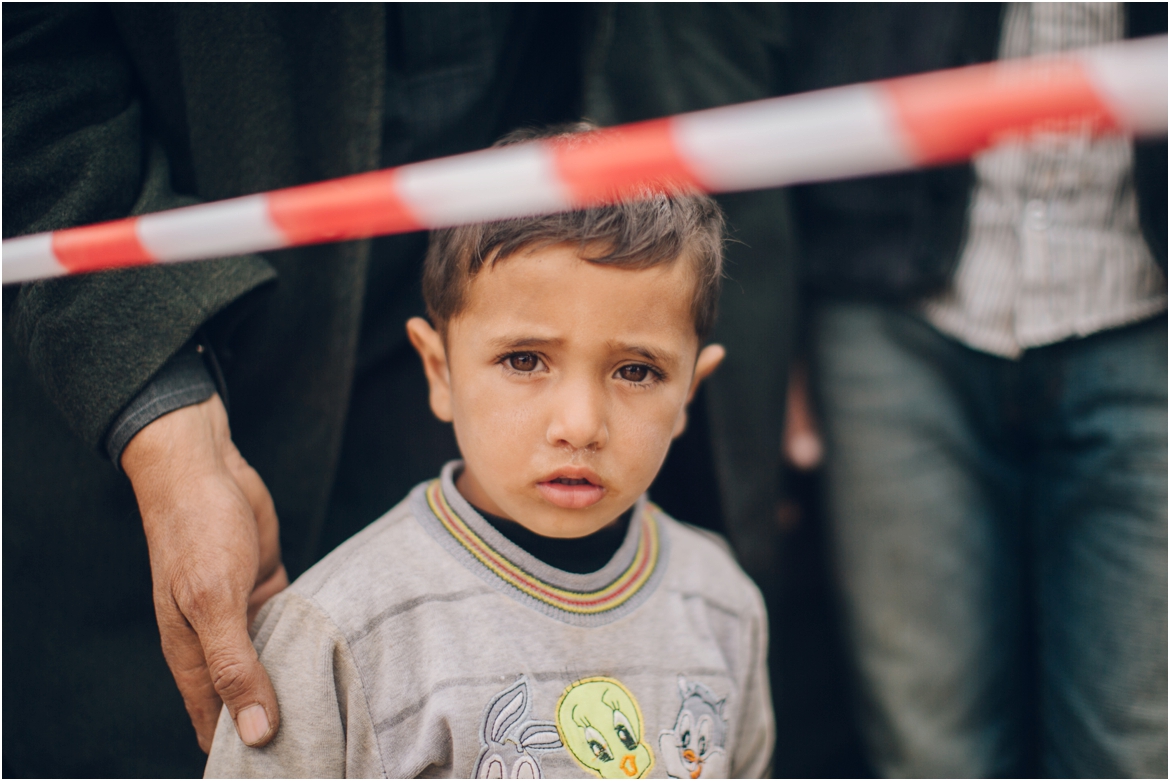

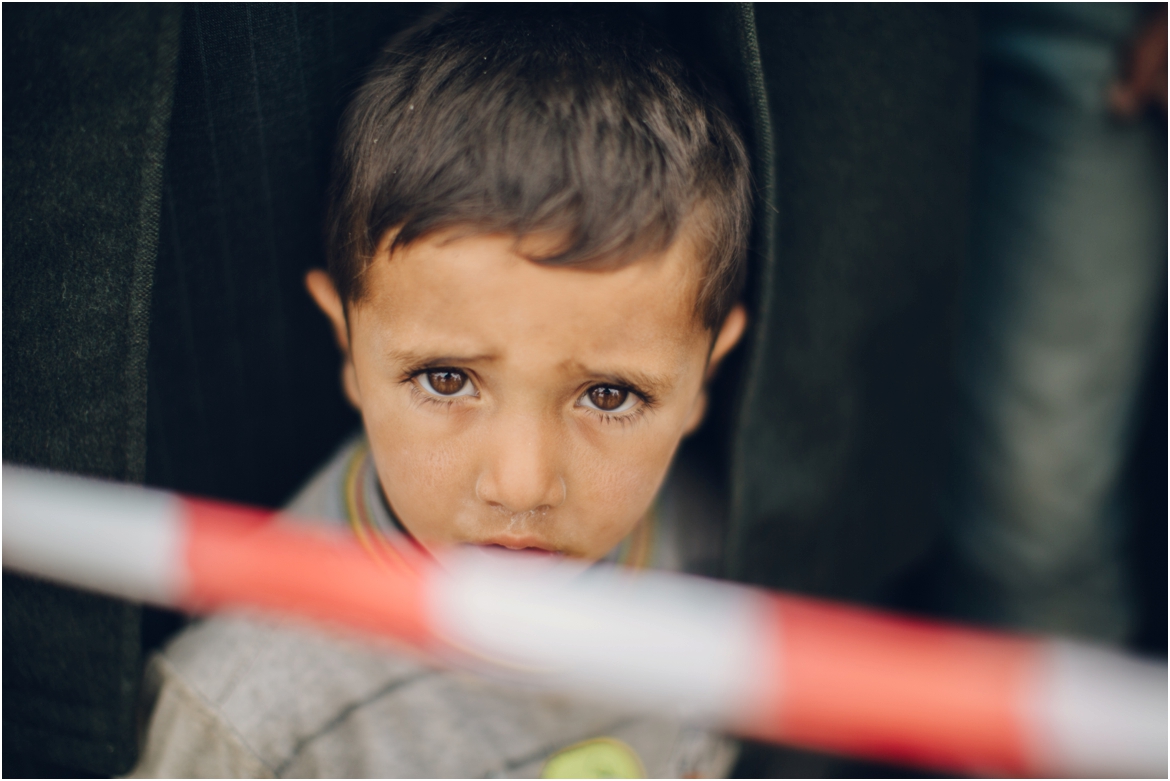

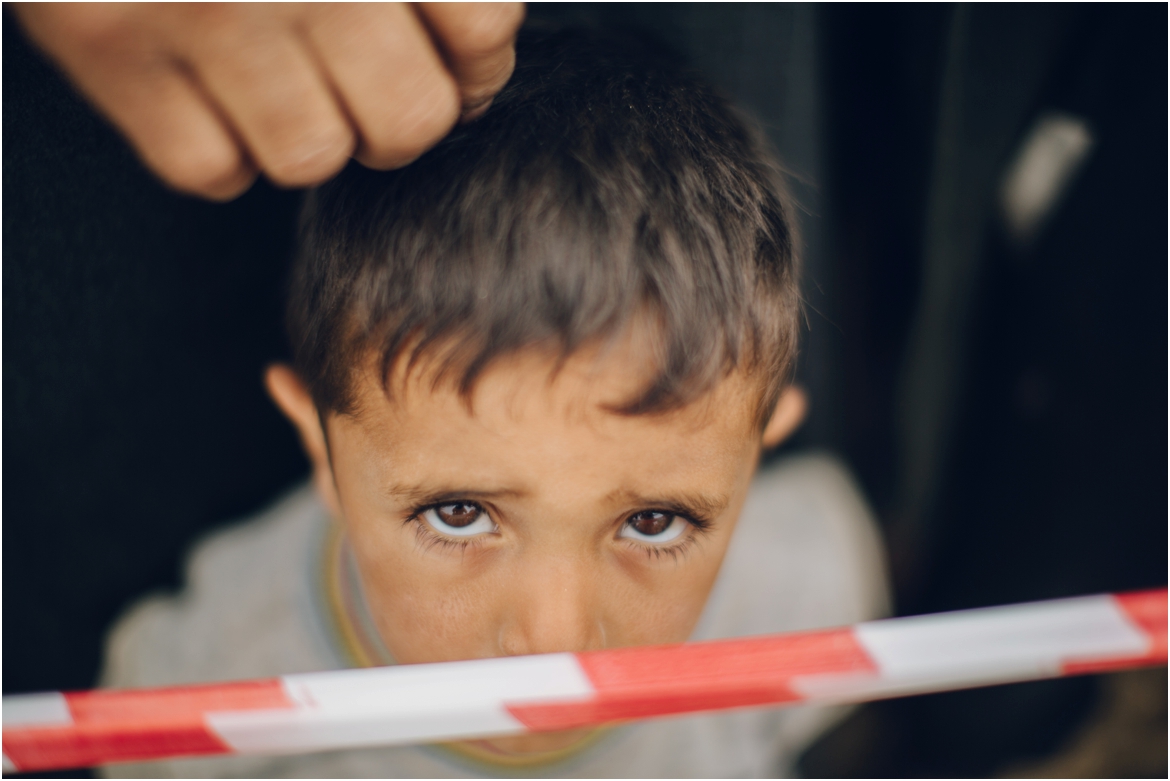

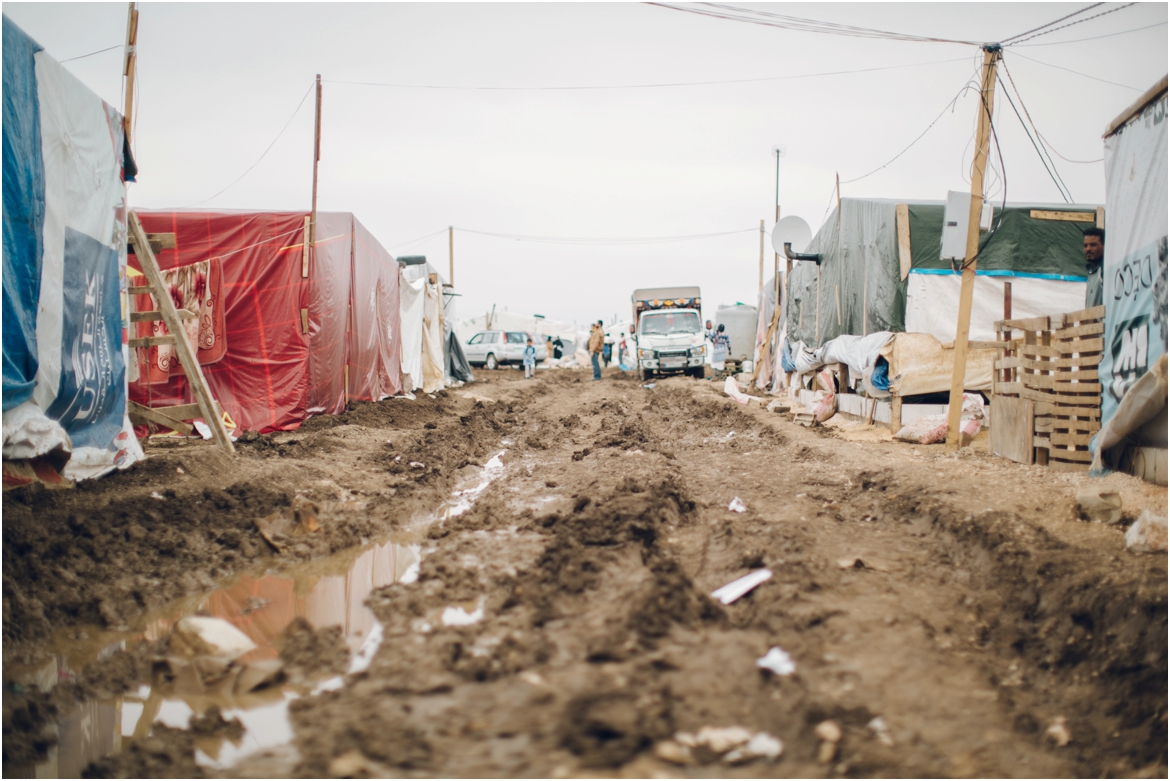
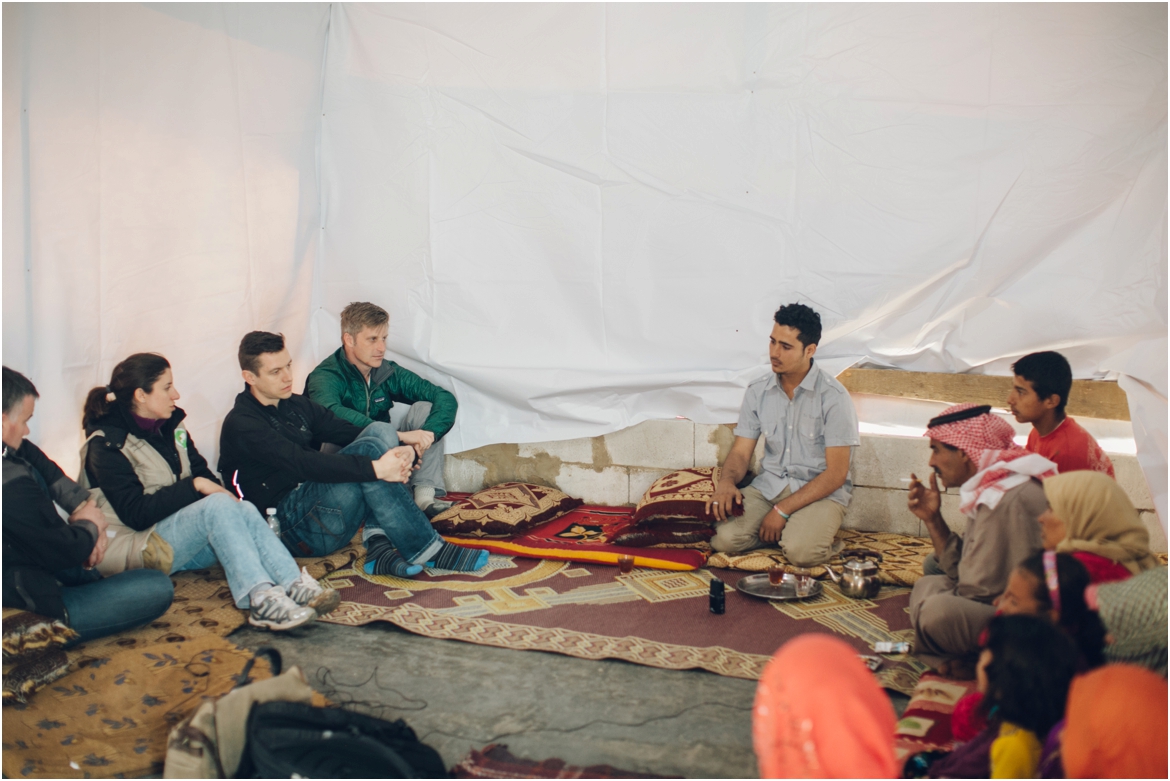


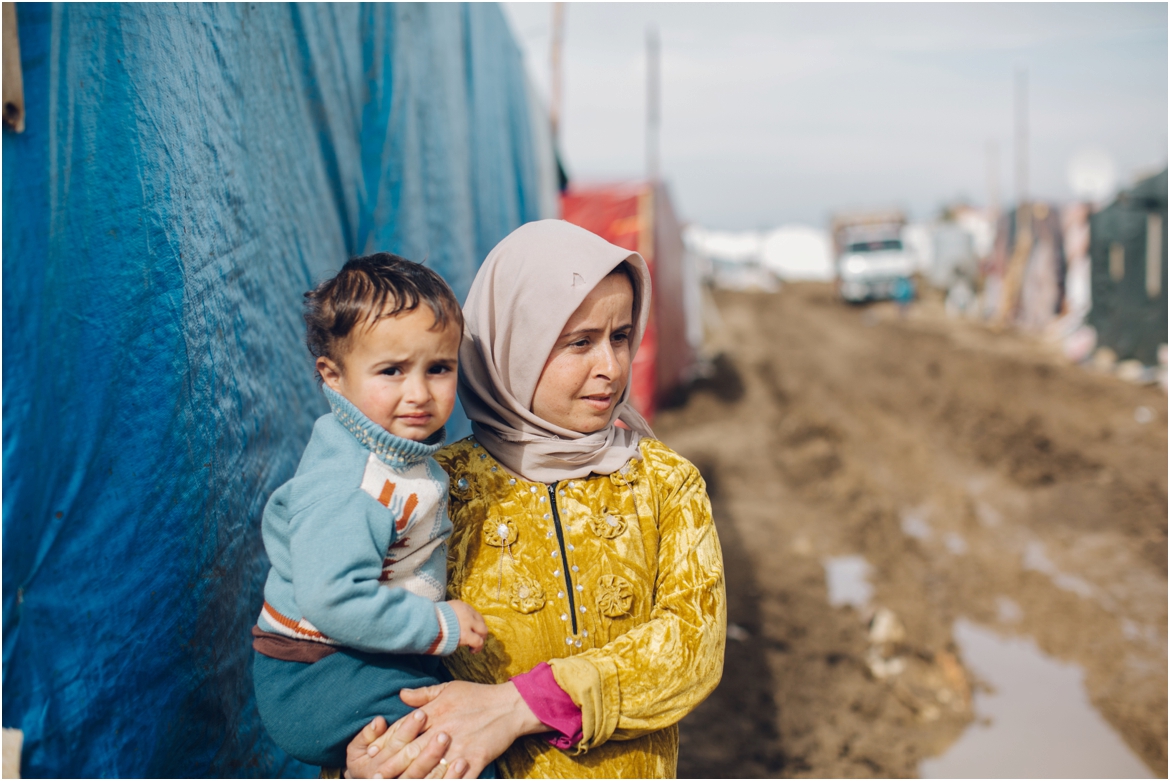
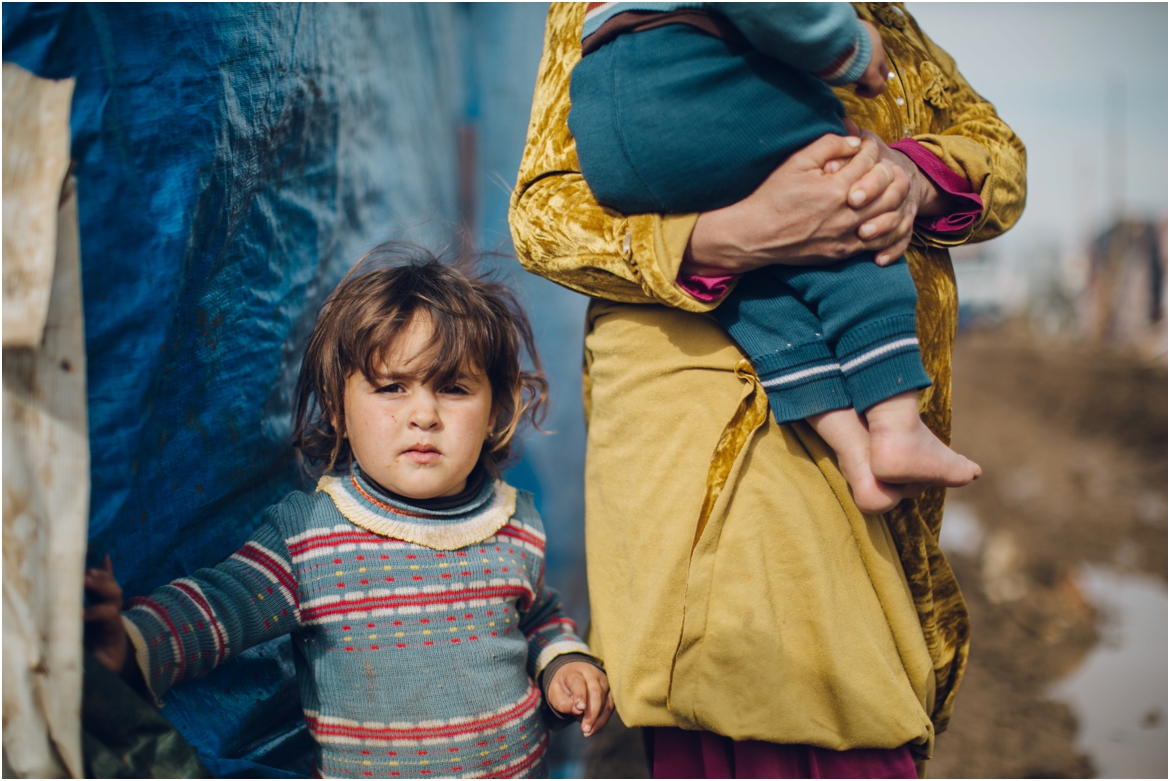
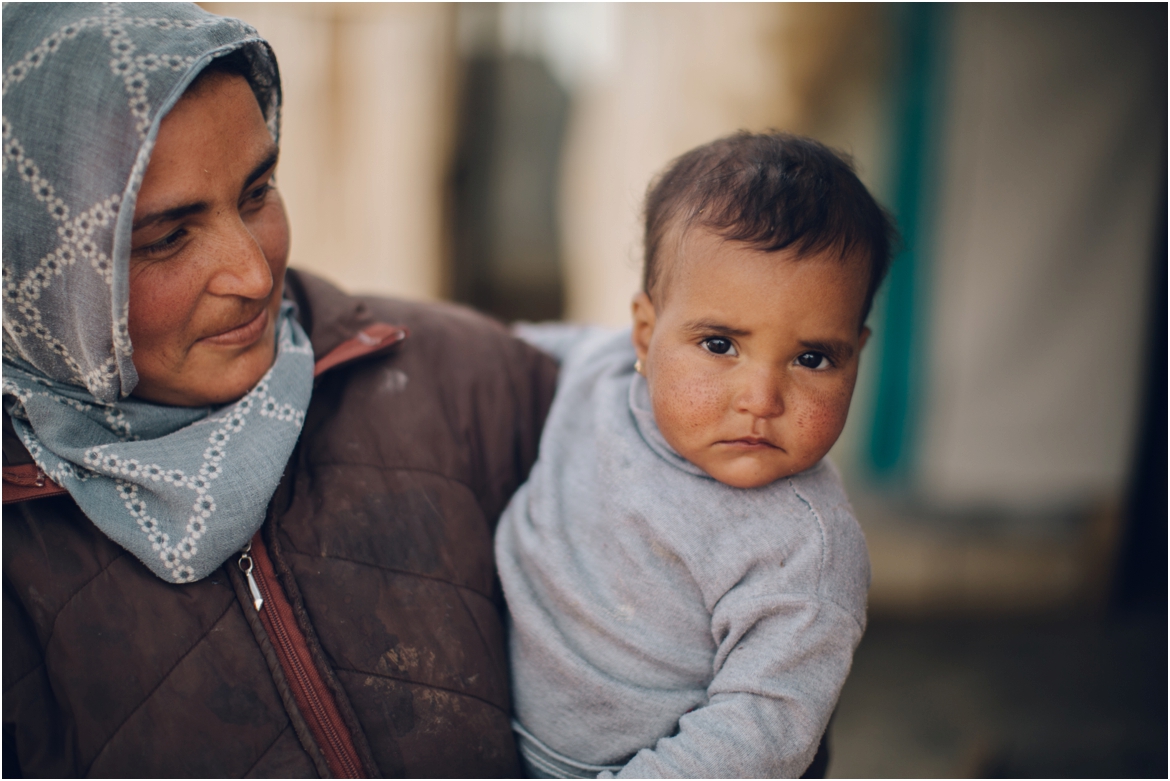
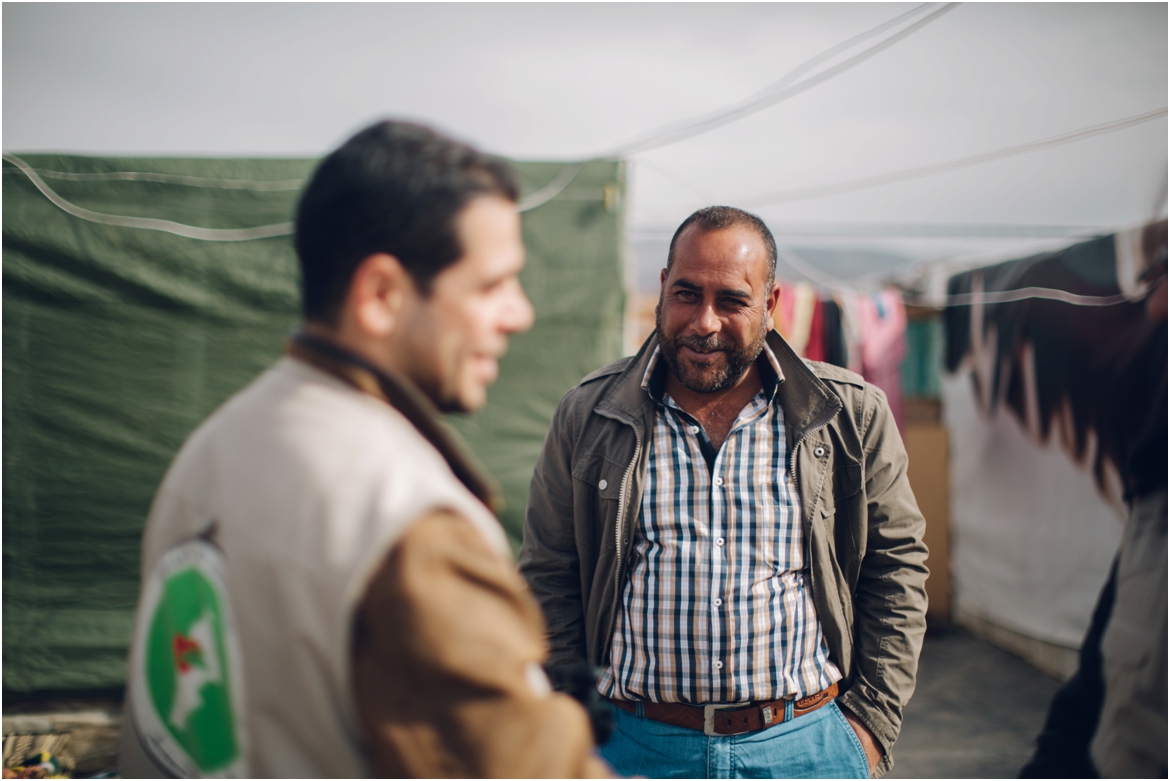


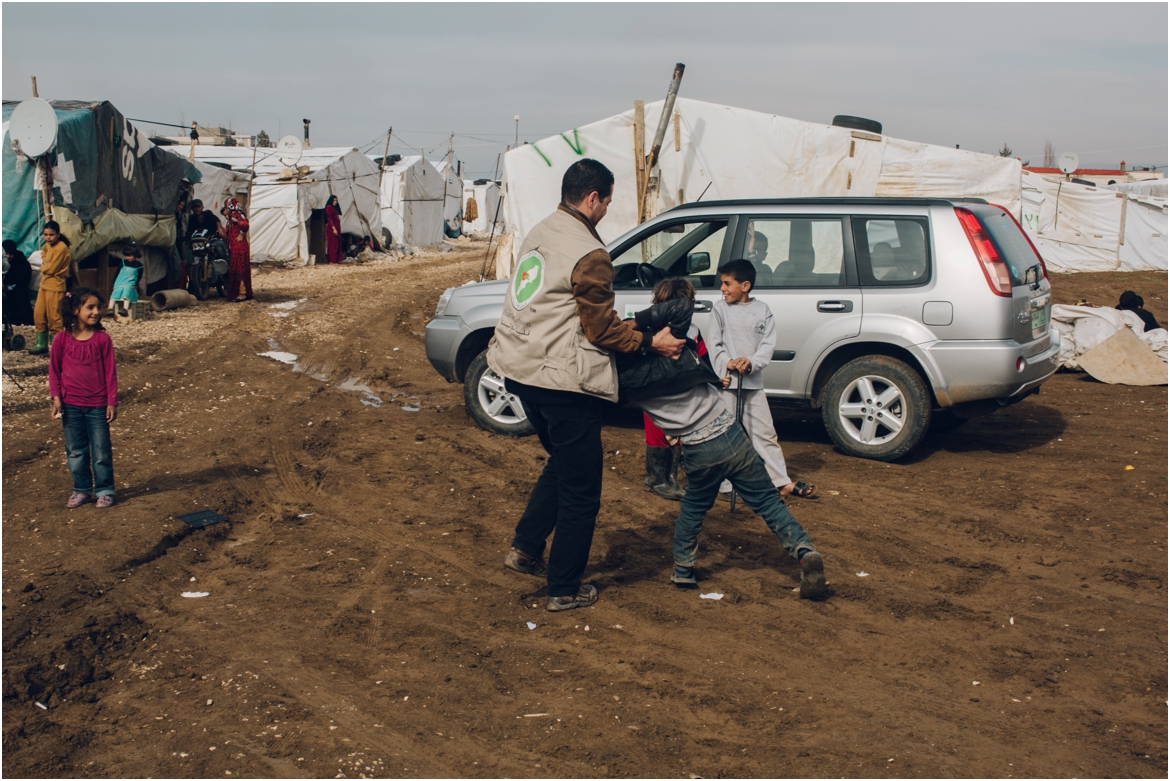
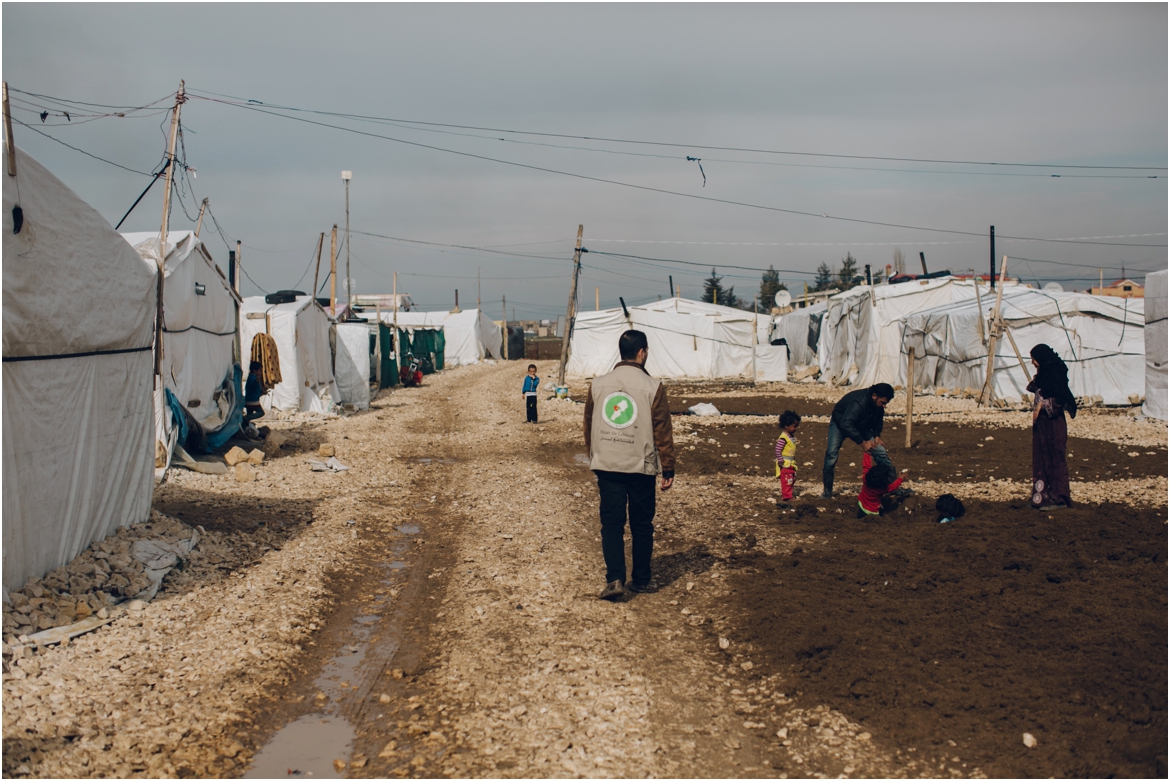
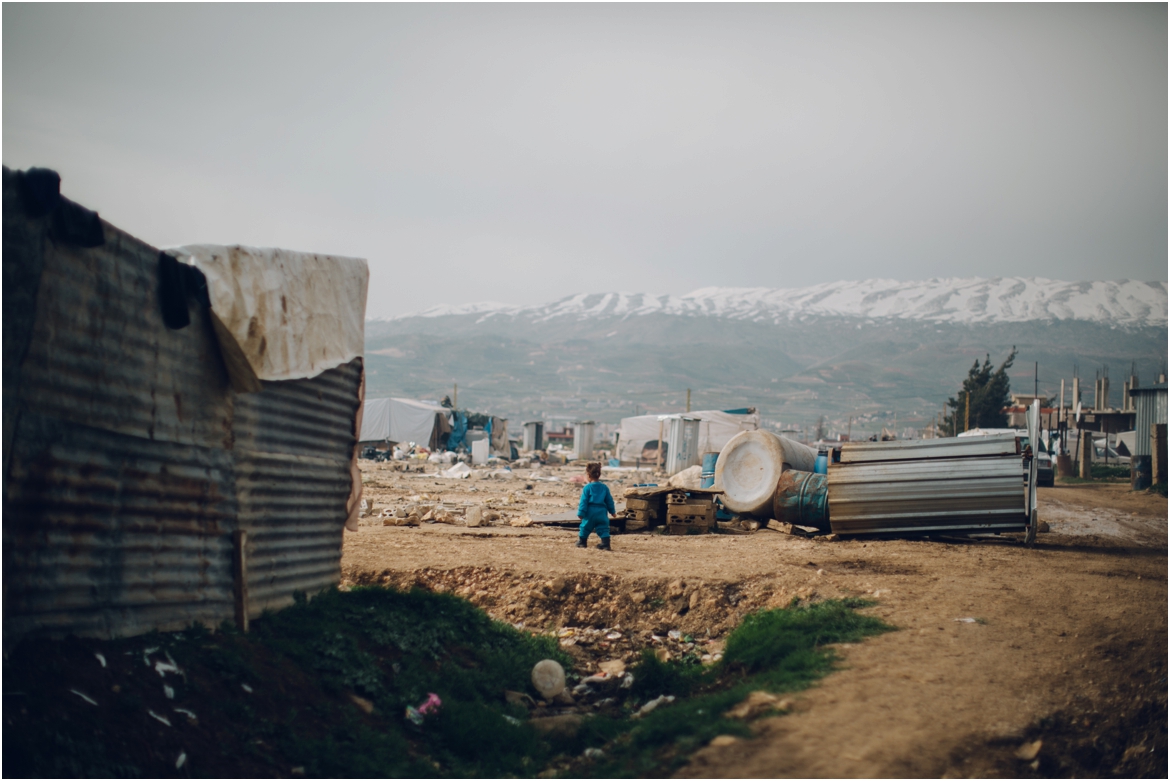
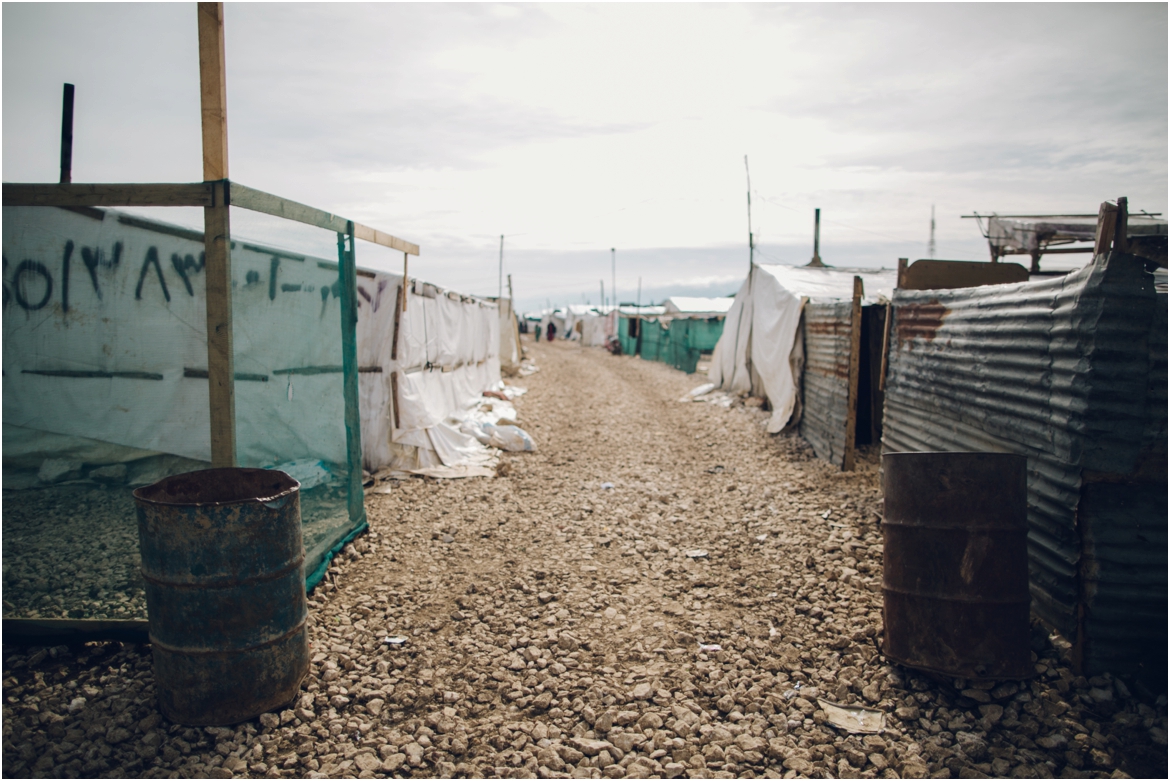

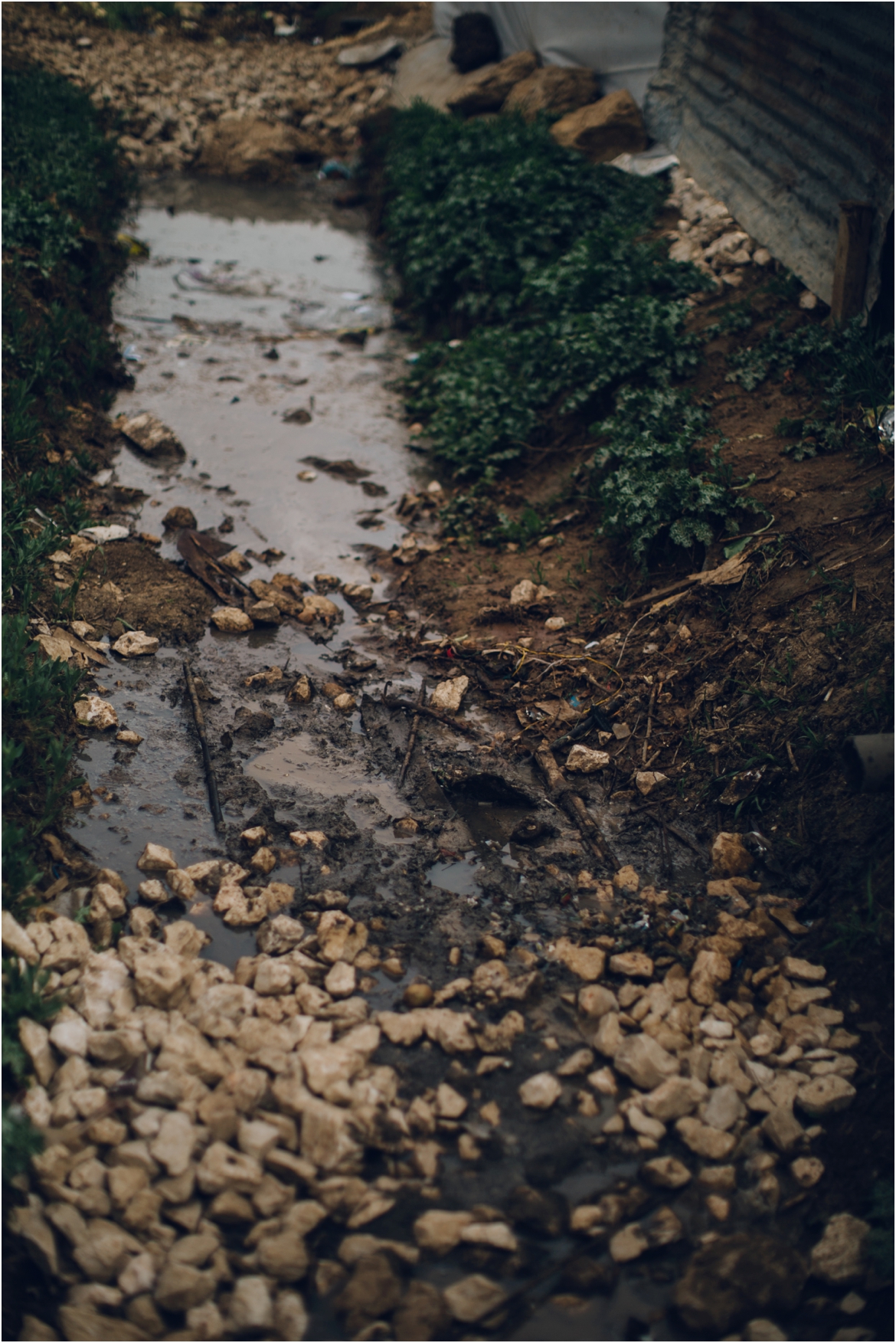
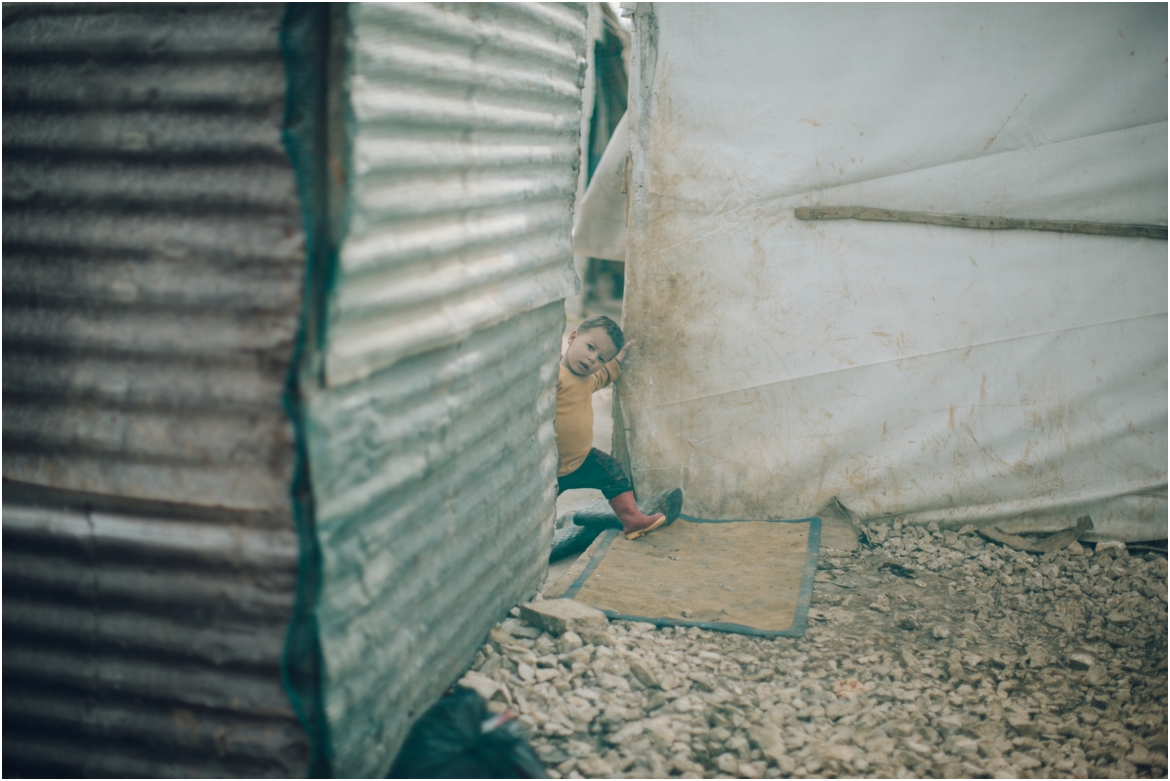
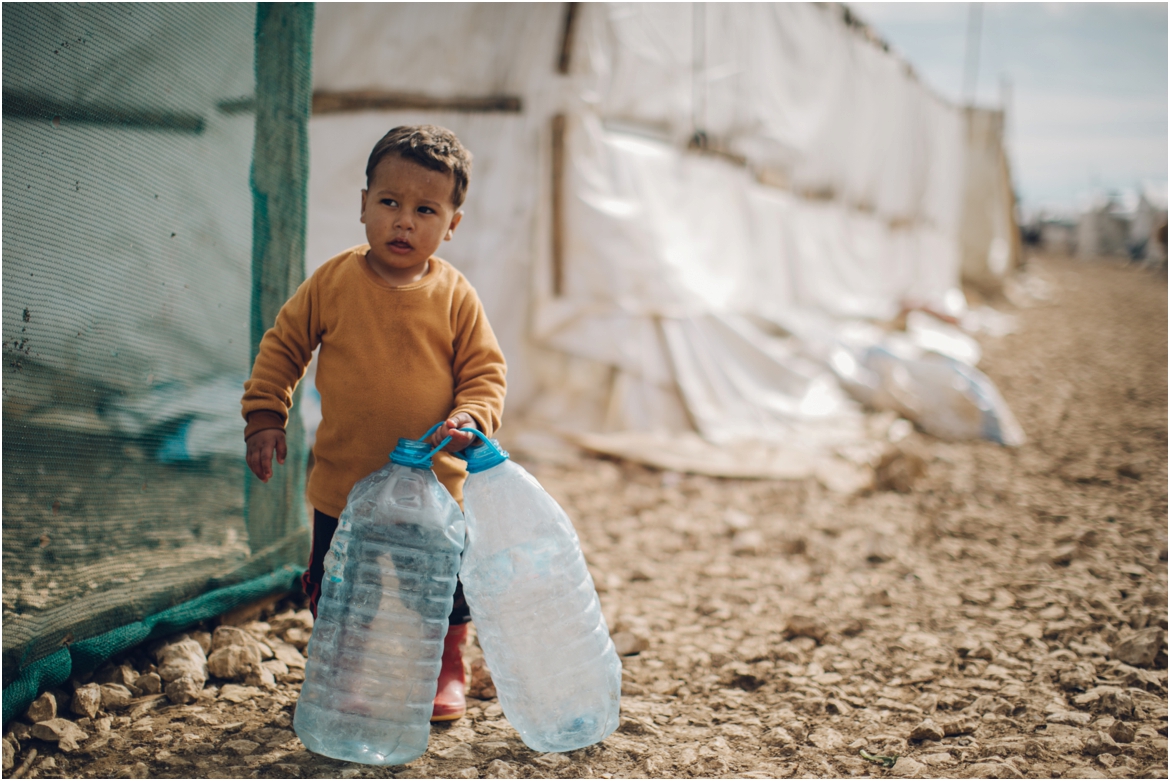
“A lot of the time, I write a lot of angry stuff, but then I don’t want to be a finger-pointer - I’d rather be a cheerleader than a judge. I don’t want to preach as if I’m in some position of righteousness, but I do want to speak my mind and scream at the clouds and shout out of the pit of hopelessness that I sometimes think the human race is in.
”
Sometimes in life its good to prepare yourself. Other times, no matter how much preparation you do, the circumstance you find yourself in brings you to a place you could never of predict.
As we drove down into the Bekaa Valley, it looked like the world was opening up before us. This vast land we looked down on from on high. The land then rose up on the other side to lead into Syria. Looking across the valley, nothing could prepare me for the circumstances that people are living in.
I remember taking one step off the mini van in the first camp we went to, and seeing a number of temporary houses, built from a timber frame with white tarpaulin as a cover. The sun was out and at the start of the day it was getting warm. This was a change as the months previous had been severely cold weather with a lot of snow.
With my first breathe of the warming spring air of the camps I remember feeling like I had just stepped into a news report. This was what I had been seeing on my TV screen as I watched people report back from camps in Lebanon or other places like this.
As a photographer I live my life in a constant internal tug of war. With one side wanting to use my camera to capture the images that are in front of me that help tell the story of what I am seeing, but the other side wanting to get involved. Get my hands dirty. However the images in front of me captivated me so much I could but not get the camera out.
In any situation I have been in different countries, its the children and old people that have interested me the most.
The first person I saw was a little blonde girl. She was standing outside her home with a pair of blue jeans on and a blue/red jumper. She looked on with intrigue.
The ground was uneven, there was a large pool of dirty water to my right, there was electrical cables over head and satellite dishes everywhere. We had been told that TV, apart from keeping people from being bored as there was very little to do, was the only way they had to keep an eye on what was happening across the boarder in their homeland.
The food truck arrived and in a very orderly fashion, people started queuing up. The numbers of people grew as word got out the truck had arrived.
At first I was very cautious of the photos I was taking. I did this as to to not offend or take advantage of people. I made sure I had a translator near me at all times and used my non verbal skills of pointing to my camera to ask permission before I took peoples photos.
As I stood there taking in my surroundings it just hit me. The feeling of having to stand in line to be given food. Food you had no opportunity to earn. Food and supplies that was keeping your loved ones away from immediate starvation and disease. I placed myself in the line with Julie standing beside me and Reuben and Ollie running around playing in the dirt. As I placed myself in their shoes, whilst I could conjure up a feeling of gratitude for the Heart for Lebanon staff for passing out the food, the greater and overriding feeling was anxiety and hopelessness.
Whilst I know that there is genuine need in some of the communities around me where I live now and for sure there was genuinely need in the communities I lived in whilst I was in America, I am normally surrounded by people in need for the things they want, rather than just in need. I was amazed by the stark difference between need and want.
A lot of these Syrian families came from a similar understanding. In Syria, life was very different, I am sure that for some life has always been tough, but for the majority they lived lives where their kids got an education, they searched for jobs to pay the bills and to feed and clothe their family. Now all the have is a temporary structure that by its nature could be asked to be taken down at any stage, and standing patiently inline whilst someone calls out your family name and you get supplies that need to last you one month, but in reality do you for 12/13 days.
I was overwhelmed by the overarching issue of what I was seeing, however, it wasn't until I asked my translator to ask a elderly lady and the two kids she was with a question, that the heartbreaking reality of the lives that where in front of me became painfully clear...
Click HERE for Part Three
